
Sunday, September 28, 2025



Sunday, September 28, 2025

By Michel Outridge
WHAT began 13 years ago as a means of survival for a single mother has today grown into a thriving small enterprise serving households, professionals, and local businesses.
Natasha Chatterpaul, 43, and her son Vickram, have transformed hardship into opportunity by establishing a roadside fish stall at Mon Repos, where they sell, prepare, and supply fresh fish to a growing customer base.
The venture, known as N and V Fishing, operates under the motto “Eat healthy, live healthy”, offering a wide variety of fresh fish from Tuesday to Sunday, 8:00 a.m.
to 5:00 p.m.
A New Beginning Born from Adversity
Mrs Chatterpaul’s journey into entrepreneurship was not one of choice but necessity. Thirteen years ago, she separated from an abusive marriage with two young children to care for. At just nine years old, Vickram stood resolutely by his mother’s side, accompanying her to the Meadow Bank Wharf in the pre-dawn hours to purchase fish for resale.
“Even though he was so small, that didn’t define him,” Mrs Chatterpaul recalled with pride. “He stood up with me, embraced our venture to earn, and today,
our success is because of his dedication.” Though the challenges were immense — long hours, financial strain, and Vickram’s early departure from school to assist — together they persisted, turning a small stall at Meadow Bank into the foundation for their current success.
From Wharf to Roadside: Meeting Growing Demand
For more than a decade, the Meadow Bank Wharf served as the foundation of their trade. However, as demand for value-added services such as filleting, cleaning, and packaging fish increased, challenges began to emerge. To better serve their customers and position them-

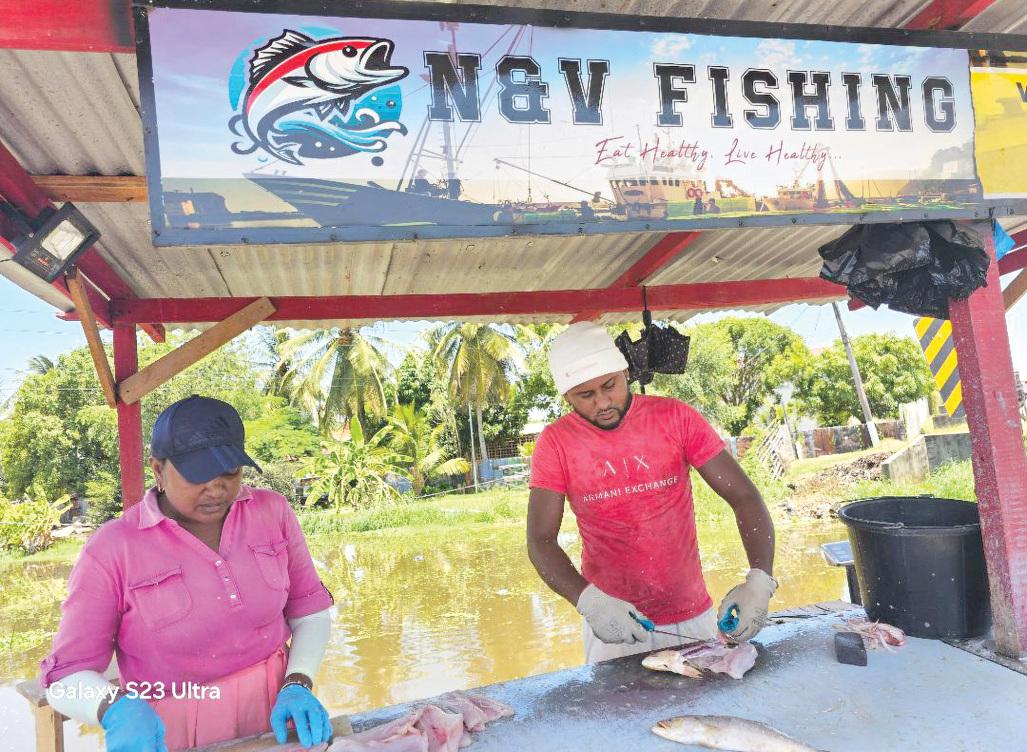

By Michel Outridge
FOR Marvin Chu, becoming a Medex was necessary to fulfil his personal goal of a career in healthcare.
He is the first-ever Medex for his village of Wauna, Region One (Barima-Waini), who is excited about fulfilling his role as a community leader and serving the people in the preservation of lives and promoting good health through medical intervention.
Chu is very excited to start his role as a Medex and has vowed to perform fully once he is placed in a village after completing his six-week preceptorship at Mabaruma Regional Hospital.
Chu will celebrate his 48th birth anniversary in October this year and is looking forward to that milestone, as he enters a more mature age.
The new Medex told the Pepperpot Magazine that he came to Georgetown to attend secondary school at North Georgetown Secondary School, but had to drop out due to unforeseen circumstances.
Chu explained that he had to enter the workforce at the age of 17 and held multiple jobs. During his years working in the private sector, he developed a deep yearning for helping others and believed that a job in the healthcare sector was most suited for him.
He added that he had qualified to become a malaria microscopist and had the opportunity to travel around the country, but he felt something was missing.
Chu then decided to become a Community Health Worker (CHW) to focus on
administering medical interventions to others. In that capacity, he loved meeting people and assisting them to feel better.
Still, he felt there was a void he wanted to fill, an emptiness within him since he had wanted to become a Medic in the army, but his mother did not want him to.
However, he was inspired by his classmates, who enlightened him about the Ministry of Health Medex Programme through the University of Guyana, and he applied, but was rejected since he did not meet the requirements of passing five subjects in the Common Entrance Examination (CXC).
That was in 2018, but he was not fazed by the incident, and that made him even more determined to become qualified.
Chu took lessons, studied hard, and dedicated himself to sitting the exam. He wrote CXC and passed with five subjects. He was elated and applied for the Medex Programme in 2021, and was accepted.
The Medex stated that he knew he couldn’t give up because it was what he wanted to do as in a career and defied the odds against him.
He stayed at the West Demerara Regional Hospital Dormitory for the duration of the course, which was four years.
Whenever he had some time off, he would visit his family, consisting of his wife and three children, in his home village of Wauna.
Chu pointed out that it was very challenging, but the experience was overall good. As a family man, it dawned
on him that in life, nothing came easily, so he had to make sacrifices to become successful and achieve his goals.
He stated that there is a Health Post in Wauna Village, but it is managed by a Medex and wherever he is placed to function as the Medex he will do his job as expected.
Chu noted that ideally, he wanted to work in his village, close to his family, including two adult sons, an 11-year-old, and his wife, who is gainfully employed. However, he knows the nature of the job requires travel and placement in other areas.
He reported that he comes from a family of professionals, with two brothers and two sisters, and that he has a sibling who is a dentist.
Chu added that Wauna Village is approximately eight to 10 miles from Mabaruma by road and is also accessible via waterway, a scenic place that is quiet, much like any countryside.
He explained that Wauna means “White Bird,” derived from the Arawak tribe, and it was a farming settlement established by the government in the 1970s to promote agriculture, where peanuts were mostly cultivated.
The Medex added that Wauna Village is close to the Guyana-Venezuela border and is considered a safe place, where he would leave his doors open and return to find everything intact, unlike in some areas.
The population is multi-ethnic, comprising approximately 730 to 740 locals, with farming as their main source of income.


By Michel Outridge
ST. CUTHBERT’S Mission, known as Pakuri Village, is located on the Linden–Soesdyke Highway, miles deep away from the main road. It is a quaint Amerindian community that is moving to secure sustainability through home-grown projects and interventions for single mothers, women, youths, and others.
The village leader, Toshao Alvoro Simon, through his vision and genuine interest in developing the community via innovative methods, is guiding his people towards modern-day techniques that are less time-consuming but yield significant returns.
The locals trust his directions and look up to him for guidance. One such daughter of the soil, Fiona Atkinson, has made the community proud of her selfless academic achievements.
With her determined passion for the education sector — a dream worth pursuing — she invested three years to become a qualified teacher, giving back to her village.
As a granddaughter’s girl, who came from a single-parent upbringing, Atkinson was left with her granny, the matriarch of the family, at eight months old when her mother left the village to pursue studies as a medical professional. She later served as the village medic for more than 20 years.
The mother of four told the Pepperpot Magazine that both her mother’s and grandmother’s maternal instincts led her to the noble teaching profession.
She received her formal primary education in St. Cuthbert’s Mission, and as the only girl who got good grades — alongside what were

considered the “five bright boys in the village” — it was something that made them proud.
Atkinson had secured a place at a city secondary school; her mother relocated her with relatives in Georgetown to ease the daily commute, and she attended Campbellville Secondary.
After writing the Caribbean Examinations Council (CXC) exams, she returned to her home village. It was then that she was encouraged by her grandmother and mother to
become a schoolteacher.
She taught at St. Cuthbert’s Mission Primary School for four years, during which time she sought to become a qualified teacher, so she enrolled at the Cyril Potter College of Education (CPCE).
Atkinson spent three years there; she was among the last batch of students to complete the certificate programme before it was upgraded to the associate degree.
After graduation, she returned home as a qualified teacher. Whilst
teaching there, she met her then-fiancé, who later became her husband, and after their marriage, she moved to the coast to reside.
She continued teaching at both Vryheid’s Lust Primary School on the East Coast Demerara and at J.E. Burnham Primary School in Kitty, Georgetown — until she craved something different.
Her husband is employed in the engineering field, and she wanted to secure a job in the oil and gas sector, as Guyana is experiencing
economic growth. She opted to pursue environmental studies at the University of Guyana (UG).
Atkinson told the Pepperpot Magazine that after she successfully completed her studies and secured a Bachelor’s degree in Environmental Studies and a Postgraduate Diploma in Occupational and Environmental Health, she established a consultancy business from her home at Industry Bus Shed Road, East Coast Demerara.
She describes her job as preparing documents for environmental permits for developers along the coast, which is done via contractors.
She has so far handled her job with relative ease, while being a full-time mother to four children, and is loving every bit of it.
Today, she serves as a private Environmental and Safety Consultant in the construction industry, and her story is an example of growth, resilience, and purposeful achievement.
She continues to inspire as a woman who harmoniously blends technical expertise with enduring community values, bringing pride to her people and to St. Cuthbert’s Mission Village.
Atkinson is a true representation of what courage, dedication, hard work, and sacrifice are all about, defying odds to become successful as a mother and as an Indigenous woman whose academic achievements did not come easily.
Her role is to provide Health, Environment, and Safety support, ensuring contractors comply with all safety rules, assisting in the implementation of safety measures on site, and delivering toolbox talks to workers, which includes safety inductions for new workers.

By Michel Outridge
CUSTOMER service often lacks at many local businesses, leaving people very disenchanted about the attitude of staff and with a deep longing for professional service that doesn’t have to drill a hole in their pockets.
At Optical World, with their motto “We’ve got you covered”, they have a trained complement of employees who guide you every step of the way to ensure you get your money’s worth, and they understand your need for eyecare.
Optometrist Nashella Gulchand, proprietor of Optical World, is a humble individual who can relate to customers to provide the service they require for better vision.
She is in charge of Optical World, which is located at 251 Thomas Street, Cummingsburg, Georgetown.
The services include eye testing, diagnoses for spectacles, testing for cataracts, glaucoma and diabetic neuropathy.
Gulchand told the Pepperpot Magazine that once they discover you have one of these eye diseases, you are referred to a specialist — either an eye surgeon or ophthalmologist.
She related that at Optical World, they provide corrective lenses in the form of tested spectacles and contact lenses.
They also offer clip-on sunglasses and spectacles in one, at an affordable cost, so there is no longer any need to carry around
a pair of spectacles plus a pair of sunglasses.
Gulchand explained that they perform minor eye procedures and supply eye drops for dry eyes and infections, but no eye surgeries are done there.
She shared that after high school, she knew she wanted to pursue a career in the medical field and chose to become an optometrist, as she was unable to handle the sight of blood.
The optometrist pointed out that in school, she had always taken a liking to the science subjects and gravitated towards studies in that field.
Growing up, her mother wore spectacles, and she recalled going to Kamrul Bacchus to get her eyes tested for new spectacles — an essential part of her mother’s eye care.
Gulchand admitted she did not know much about optometry at the time and had to research it. Once she became familiar with the field, she decided that was what she wanted to qualify in.
She enrolled at the University of Guyana (UG) in 2011 and graduated in 2016.
Gulchand then spent one year at the Georgetown Public Hospital Corporation (GPHC) eye clinic, working alongside eyecare professionals, before moving on to two different optical businesses. Eventually, she established her own eyecare service.
“I was working at this place, doing everything, so my sister said to me, why not start
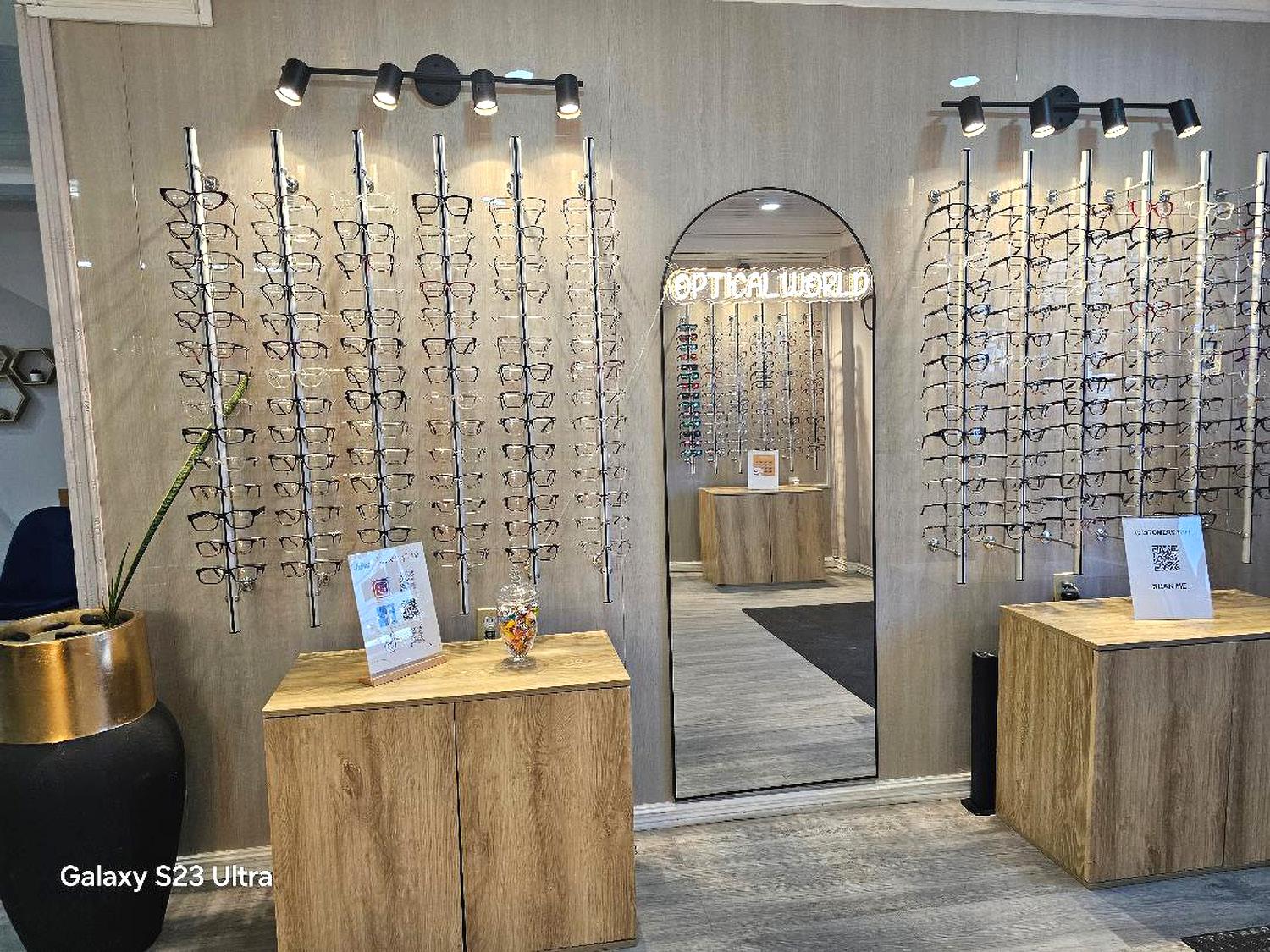

your own business and do it for yourself,” she explained.
After discussions with her sister, Shivana Gulchand (Founder and Managing Director of Touring Guyana), the two decided to invest in an optical service in a central location via partnership.
In May last year, Optical World opened its doors for business, providing a professional service that is second to none, priding themselves on quality over quantity.
Gulchand revealed that although the
business is only a year old, they have been doing fairly well as a new optical service, and reviews have been excellent.
Optical World features two licensed and qualified optometrists and an optical assistant, providing services such as complimentary vision testing, affordable lenses and frames as well as designer frames, sunglasses, and safety goggles.
She revealed that they hope to expand and provide additional services, such as eye
TURN TO PAGE XII
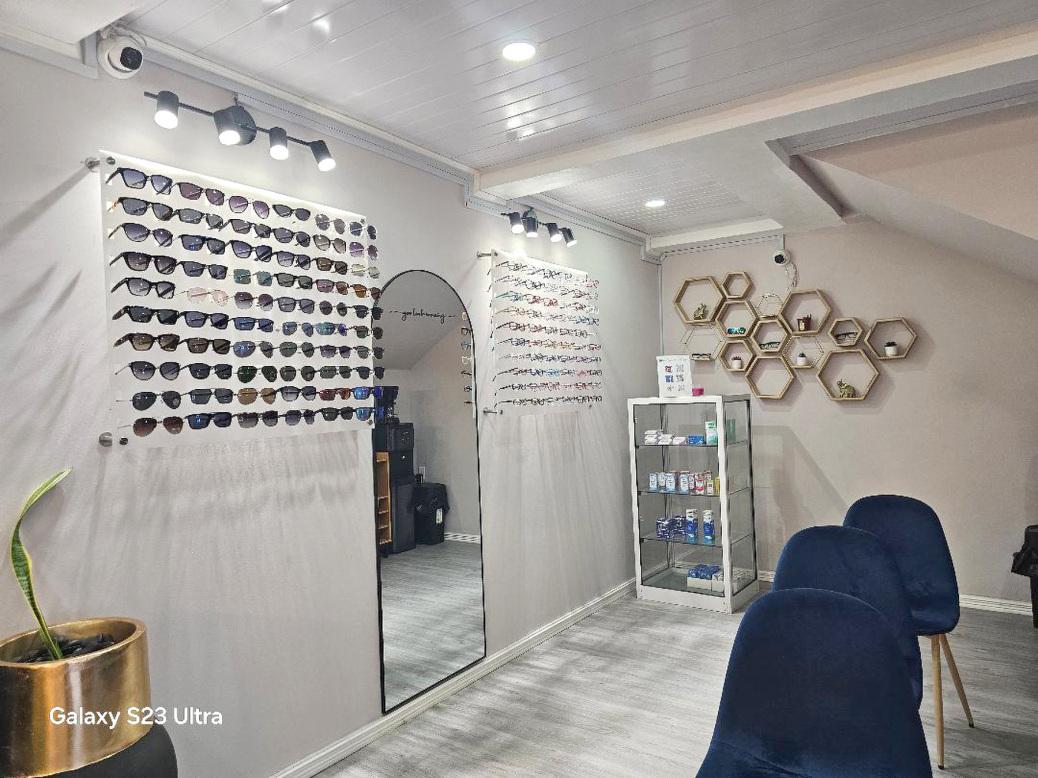


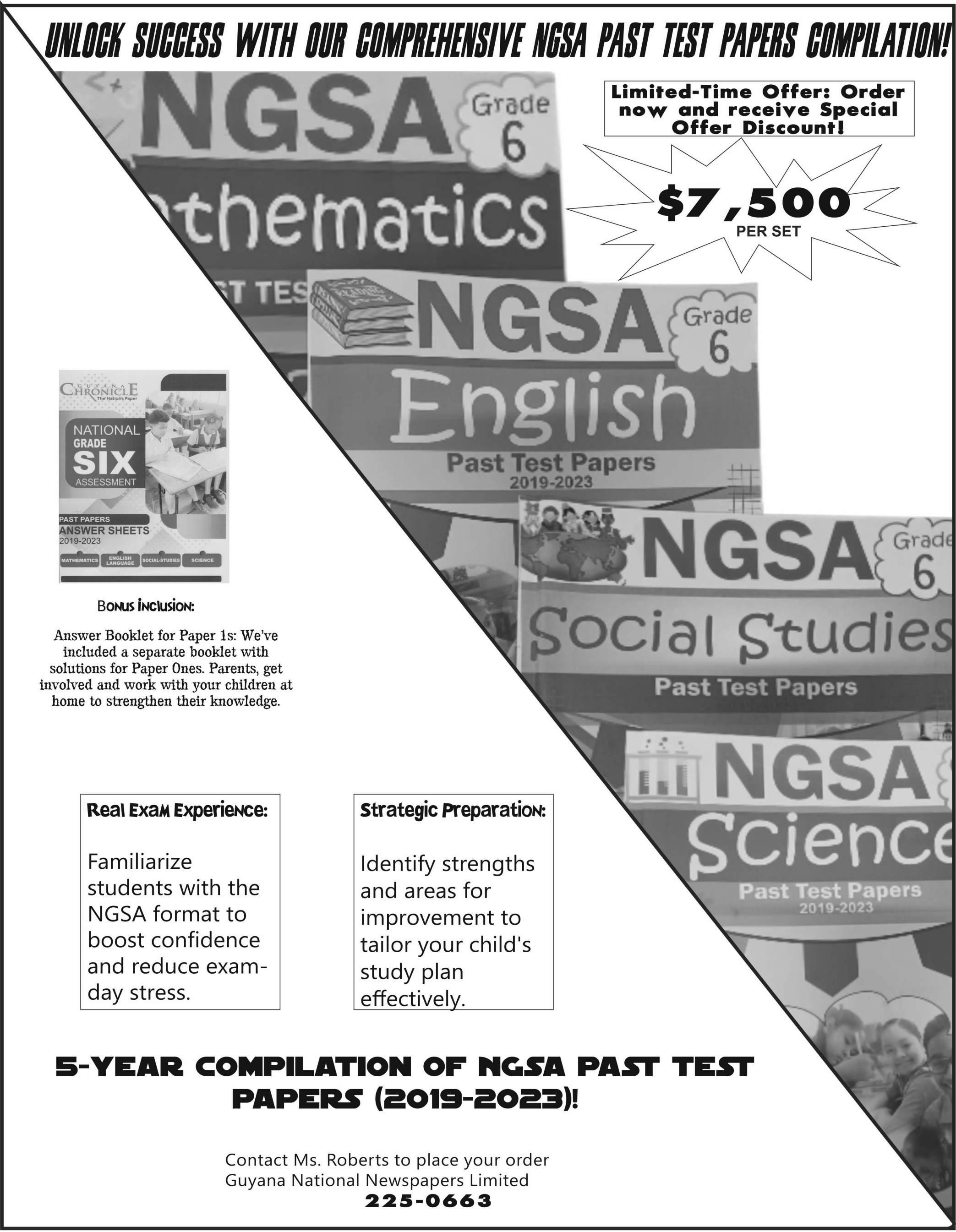

I’VE always written about my outrage regarding hunger and poverty. Our world has an abundance of resources, yet every day, people go without basic necessities, such as food. It is so distressing even to consider. I am writing this column to share the severe instances of food insecurity.
I am sure that by now, we have all heard the word “famine” and understand its usage. However, in Guyana, it is not something we often discuss.
While poverty exists in Guyana, it has not reached the levels considered a “famine.” While this sad phenomenon has not touched our borders, at least in modern times, it does not mean that it should be a discussion put on the back burner in our society.
I think it’s important for us to consider the challenges and implica-
tions famine has on the entire world, and the fact that our human brothers and sisters in other countries are currently experiencing such a crisis.
Famine is a pervasive food shortage and hunger that results in severe malnutrition and even death. It is hunger in its most extreme form.
Famine is often defined through a scale developed by the Integrated Food Security Phase Classification (IPC). International communities use the IPC as a universal measure of famine. Donor organisations and governments determine whether an intervention is necessary based on the scales and categories of famine as defined by IPC.
There are five phases of famine. Yes, you read that correctly—five.
According to IPC:
• Phase 1: A society has adequate supply and access to
food. Food security in this phase is described as “stable”.
• Phase 2: Some social groups may experience distress over food supply, but the overall population remains in a relatively stable condition.
• Phase 3: People often rely on a specific set of food supplies for food. They do not have a diverse food supply, and at this stage, it is considered a crisis.
• Phase 4: Malnutrition rates are reported to be higher during this phase. It is at this point that humanitarian aid and relief begin to enter the community or country in order to prevent it from deteriorating further—into a descent into Phase 5.
• Phase 5: A severe shortage of food exists, accompanied by large-scale destitution, hunger, starvation, and acute malnutrition. At this point, people are simply dying
due to hunger and the lack of food.
The World Food Programme described this reality as “shameful” and I agree with that description. It is indeed shameful that such a reality exists, that such a model or scale should even be generated—and to even be used until this present day and time.
We do not have to look far for a country with extreme cases of famine: our Caribbean sister nation of Haiti is described as one of the countries with the highest rates of hunger. Other countries include Mali, South Sudan, Somalia, and the Gaza Strip.
Famine is not just about food shortages; it is a complex issue. It is often caused by climate crises, such as floods or droughts, warfare, extreme economic depressions, or extreme poverty, as well as health crises like disease outbreaks and
inflation of prices.
The issues surrounding famine can also be exacerbated through poor policy decisions or a lack of human aid or relief.
What angers me even more is that one-third of all the food we produce is wasted while almost a billion people on Earth starve. Every time we eat a meal, we should be thankful for it because there are so many people dying—literally— to be in your position, to have a hot, healthy and satiating meal served to them.
With time, I hope that collectively and globally, there will be more solutions than challenges when it comes to feeding humanity. It is a human right and dignity to be able to eat—a human right to have access to food. It is inhumane to think or treat people otherwise.


GEARY Reid reveals the inside secrets of parenting that will help you care for your child from infancy and beyond. Being a parent requires difficult choices and personal sacrifices. The rewards of raising a child well are innumerable, but how do new parents navigate a minefield of uncertainty?
Geary Reid eases the burden, providing this simple guidebook complete with plenty of tried and tested advice that will help you learn how best to care for your child.
Discover what it takes to be a successful mother or father and help your child lead a healthy, productive life.
Many people sometimes miss this opportunity to take care of themselves. Remember, before you became a parent, you had to be by yourself. That period has been of great importance for many people, since they were able to recognise their true potential and make careful choices about their career paths.
In your quiet moments, you can choose your friends, workmates, etc. This is often a great time to build a relationship. However, it is important that you do not rush into a relationship but rather enjoy this period in your life and take the time to make
careful choices.
If you are tired of being alone and think that it is time for you to move on, then you should consider dating (courtship). You should not fall for the first person who may come your way without conducting your own research, trying to gather as much information on that person as possible before making a choice.
If you are quick to settle and do not gather enough information before deciding, you may later regret your choice. Be diligent in making a choice, and you might be a happier person in the future. Childbearing is not an easy process, but the re -
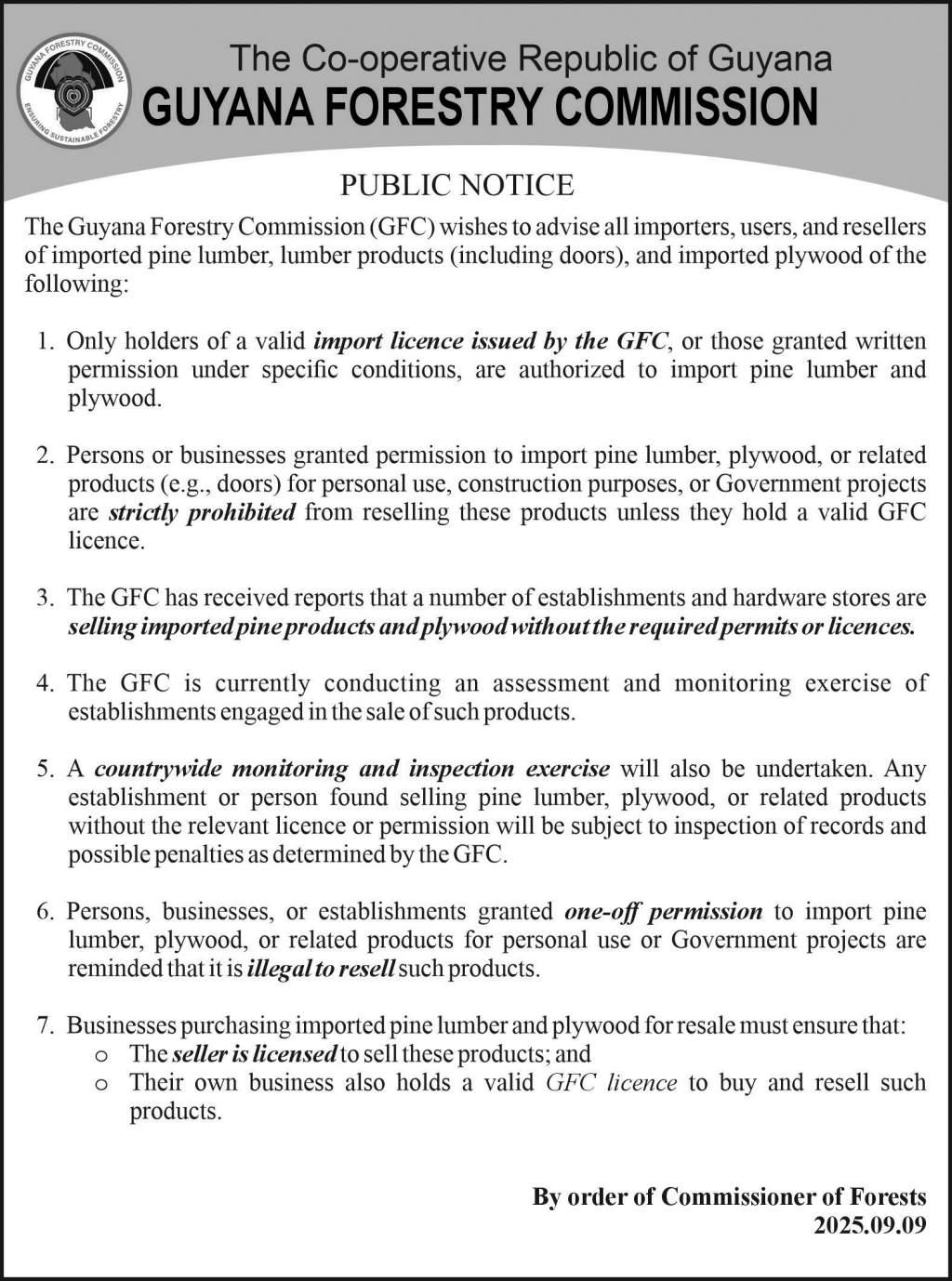
wards of being a mother are very great. Not all women will become mothers, so you must utilise and seize this opportunity afforded to you as a blessing. The number of children you may wish to add to the family will depend upon the couple.
You must never allow anyone else to make that decision. However, be open to advice, and make a careful decision between yourself and your partner.
The contribution of a male to the conception of a child cannot be undervalued. Therefore, a man must not be seen as a mere sperm donor. In choosing a partner, you must consider someone you can live the rest of your life with and someone who will provide for you and your family. In any family, women are important, and so are men.
Since you have carefully decided that you will not be alone and have made all arrangements to be a parent, congratulations to you as you enter into a world that has many successes and challenges. If you work hard and smart enough, you might be able to overcome some of the problems. No parent will have a life free from challenges, but these challenges make you a stronger and smarter parent with different experiences that you can share with others. No university can truly prepare you to become a parent; you will have to learn many steps as you go down that path.
The stages in human life remind people that they were not born as adults but had to pass through many stages. Each step includes many lessons to be learned.
Every child is expected to attend school, and their parents must ensure that the child seizes all opportunities afforded to them when it comes to learning. Not all children will become academically inclined, but some will make a difference in life. However, as a parent,
you must guide your child/ children. As a parent, there will always be a need for finances, whether for yourself or your child. As you read this book, you will see some of the financial needs of the parent and some of those of the child.
A parent must find the time to help their child with his or her homework, which will help with the overall improvement of the child. Some children may be involved in extracurricular activities, which may also add to their overall success. Once the child has extracurricular activities, they will include the parent in some way.
The preparation of meals by a parent for a child is still a challenging issue. The food the child eats today may not be the same meal that the child wants tomorrow. As a parent, you may spend your last few dollars to prepare a meal, only for your child to reject it.
Some parents stay at home, while others must work. Both parents have their successes and challenges. A stay-at-home parent may not have to work overtime but may have many other problems that may cause them to regret the day they chose to stay home. The roles of mothers and fathers are carefully considered in this book, and it is hoped that their children will understand these roles and work in harmony with their parents.
While all parents would like to have children who are active and healthy, that may only be their wish, as some children become ill. Parents are not robots, and they also become ill. Many children hate to know that their parents are sick, and parents also hate to know that their children are sick. Sickness can impose financial challenges on a family. The sickness of a family member will take away much-needed funds and sleep from any family. There may be a child who
is physically challenged in the family. Each physically challenged child must be taken care of. The cause for their state may not be their fault, but such a child must still be treated with love. They will need special care from many members of the family.
Some children may wish to be religious, but it can depend on whether their parents have the same religious belief. Many people who are religious may be able to add moral values to society. Some religious institutions play a significant role in shaping an individual; they may offer counselling sessions to many people within communities, which can lead them to change their lives and turn away from wrongdoing.
While parents are required to be responsible, they are not always so. Some parents may not even know what some of their responsibilities are. There are times when there may be a narrow gap between what the parent is expected to do and what they are expected not to do. Children may follow in the footsteps of responsible and irresponsible parents. Therefore, parents must set a good example.
In all families, there will be conflicts. Not all conflicts are harmful, as they can allow people to find their strengths or other ways to complete a required task. However, when conflicts are not managed properly, they can cause many challenges in the family, which may have long-reaching impacts. Conflicts may be caused by any of the people in the family.
For more information about Geary Reid and his books, please use these contact details:
• Amazon: http:// www.amazon.com/author/ gearyreid
• Website: www. reidnlearn.com
• Facebook: Reid n Learn
• Email: info@reidnlearn.com
• Mobile #: 592-6452240.
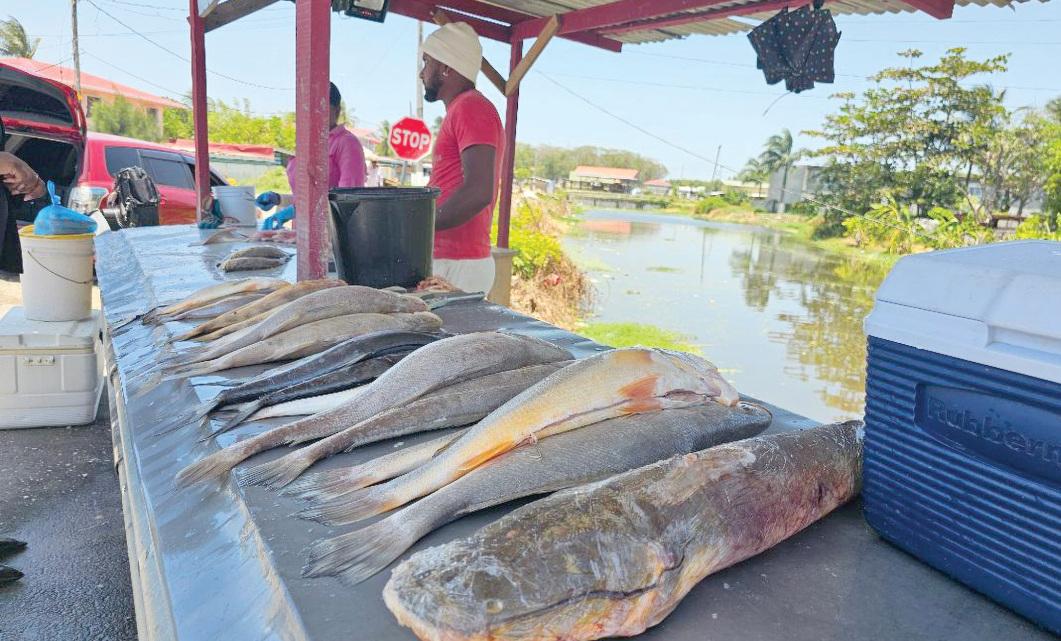
expand their business, meet the rising demand for prepared products, and explore new market prospects.
At Mon Repos, the duo has expanded their services — offering cleaning and preparation of fish at no extra cost, catering to bulk orders, and even supplying local bars with fish for their cutters. They also operate a small setup for air-drying salted fish and ensure environmental responsibility by providing fish waste to local farmers for use as animal feed.
The location has become especially attractive to busy professionals and families seeking convenience without compromising on freshness.
Despite operating from a temporary roadside location, Natasha and Vickram take pride in maintaining high standards of food safety and quality.
“We are aware of the importance of giving our customers the best quality fish, and we ensure we select
the best,” Mrs Chatterpaul explained. “We have a fridge and lots of ice to ensure that the fish is not exposed to excess heat. We believe if we give the best service and quality products, our customers will come again.” This commitment has earned them a loyal customer base.
“As a result of our dedication to quality service, we are thankful for the support we have,” she added. “We have gained the confidence of even persons who want to share our fish with relatives abroad. We wrap appropriately as per the customer’s guidelines once they provide the packaging materials of choice.”
Though the roadside stall is temporary, Mrs Chatterpaul revealed that plans are underway to establish a more formalised business. This aspiration aligns with national efforts under the Dr Irfaan Ali–led People’s Progressive Party/Civic (PPP/C) Government, which has prioritised

Some of the fish available that day for sale
creating an enabling environment for small businesses.
Policies that support women in difficult circumstances, empower young people, and encourage entrepreneurship have opened new avenues for individuals like the Chatterpauls to transform informal livelihoods into structured enterprises.
Guyana’s rapidly expanding oil and gas industry has generated further opportunities for small businesses to tap into a growing consumer market with higher expectations for quality and service.
Reflecting on her journey, Mrs Chatterpaul acknowledges both the hardships and the progress made. She credits her family’s background in fishing, her son’s unwavering support, and her own determination for keeping the business afloat through difficult years.
Today, their stall at Mon Repos is not only a source of income but also a symbol of resilience and empowerment. It demonstrates how, with
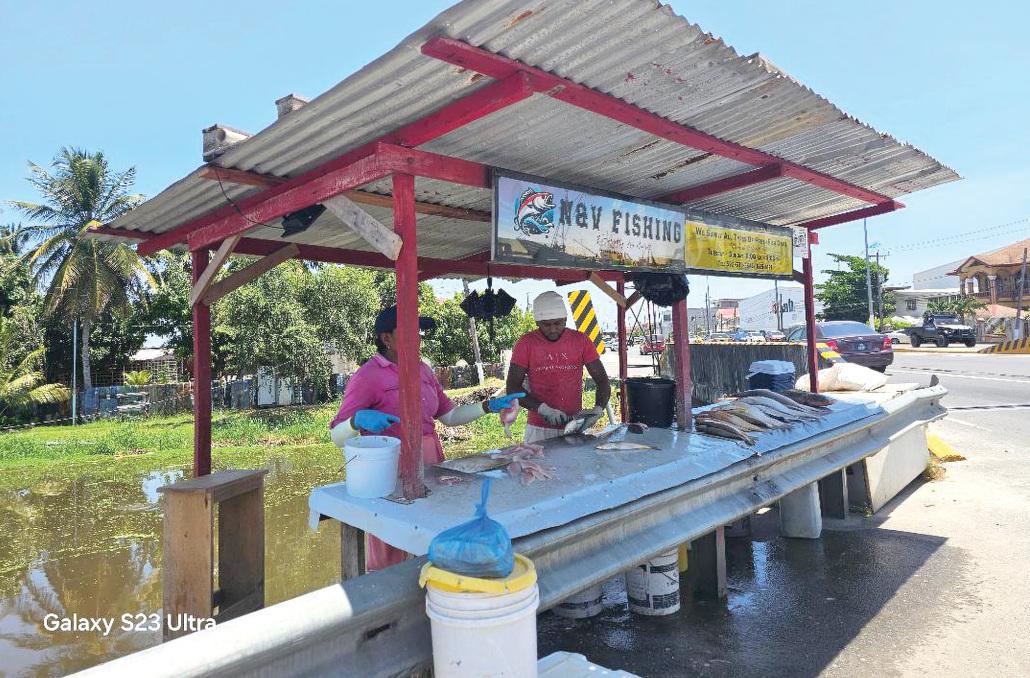
persistence and the right support, women and young people can seize opportunities in Guyana’s evolving economy.
“Everything we have built came from sacrifice,” Mrs Chatterpaul said. “But I believe this is just the beginning. With God’s grace and my son’s dedication, our best days are still ahead.”
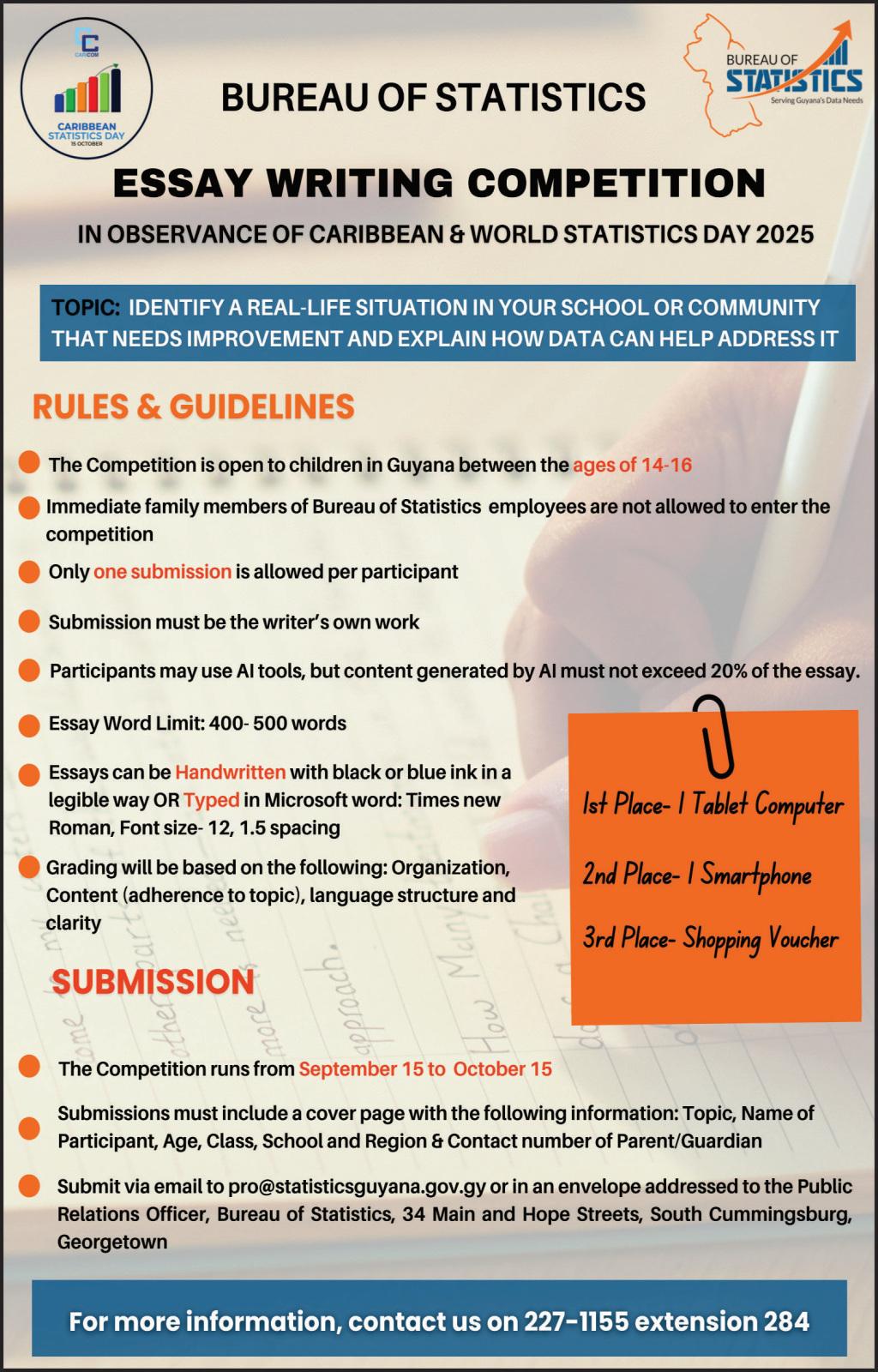

SHE stood alone by the street corner, her short hair pulled down to shield as much of her face as possible, a sad look in her black eyes. She wore a cheap dress, being a poor girl, but it accentuated her slim body and smooth ebony skin. Her simple looks could have made her a beautiful picture, except for a flaw that caused her to stand hidden in the shadows, as the other girls laughed and chatted with their boyfriends in the
outdoor country bar. No one wanted to be her friend because of her perceived ugliness.
“Why was I born with this ugly look?” she often wondered. “Is it a curse, a sin?”
She couldn’t say it, not at the beginning as a child, nor now as a young girl. She had lived with the hope that one day, when she woke up and looked in the mirror, the ugliness would be gone.
The unkind taunts fol -
lowed her everywhere, for no one stopped to think it could be hurting her. In the eyes of the community, she was just a poor girl who assisted her mother in their small street food business.
She stepped out of the shadows to walk down the street, for her mother had sent her to buy bread, and immediately one of the boys called out to her:
“Ay, Joannie, you want a drink or you waiting for Chucky?”

She stopped to turn back, then changed her mind and, as she passed the bar, two other boys tried to block her path.
“Chucky’s bride, sure you don’t want a drink?”
The girls all laughed as she stepped to the side, stumbling a little, and went along her way, ignoring them. But she didn’t stop at the shop for the bread, just kept walking, not concerned where she was going, the unkind laughter ringing in her ears. They were always calling her names akin to ugliness, and all she wanted as a young girl was to be liked, to have friends, to do the things she loved.
Joannie stopped walking, breathing heavily, not sure where she was. She had walked a long way in her distressed thoughts, and looking around, she realised she was next to a cemetery. An old Methodist church stood on the same grounds, and walking in, she sat on the steps.
“I’ll just sit here for a little while,” she said to herself. “At least no one here will taunt me.”
She leaned back against the step’s rails and closed her eyes, just letting her mind relax in the still silence. A long while later, her senses were awakened by an invigorating masculine fragrance. She opened her eyes and jumped up, startled.
A handsome, fair young man, dressed in an immaculate black suit, was standing at the bottom of the church steps.
She looked around to see who else was there, but there was no one.
“Who are you?” she asked, a tinge of fear in her voice. It was unusual for someone dressed like that to be at the church at that hour, unless he was a…
“Oh, no!” she gasped, her voice muted.
He raised his head, which he had lowered a little, and looking at him, recognition seized her with cold fingers. She gasped, stepping back, almost falling over.
“Oh my God, I know you! You’re Damien, you died a couple of years ago in a motorbike accident.”
“Yep,” he nodded his
head, standing there as though this was normal.
Joannie tried to steady herself, taking several deep breaths. He seemed so real, like a living person, that if she hadn’t recognised him, she wouldn’t have known she was talking to a ghost.
“Don’t be afraid,” he said. “I am here for a good reason.”
Her heart was still beating rapidly, and she asked in a shaky voice:
“Why am I seeing you?”
“Because you need me.”
“A ghost?” she asked in an incredulous tone.
“And I need you,” he continued.
For a moment, she didn’t say anything, feeling as though she was in some kind of crazy dream, then she said:
“I don’t understand.”
“I was not such a good person in life, I was wild and arrogant.”
“That I know,” she said quietly.
“I was also a disobedient child, hurting my parents’ feelings. I did not listen to my mother that day, not to
TURN TO PAGE XVIII

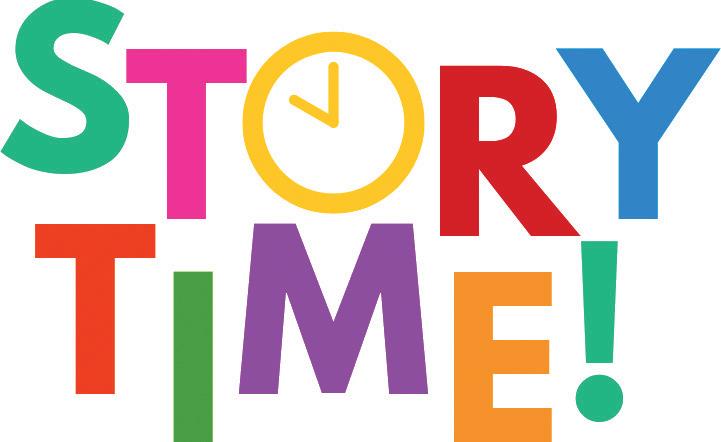
By Harold A. Bascom
Ezrick Harker listens to the playback. He marvels at his melody line on his new, and hopefully innovative, arrangement of the Caribbean classic, “Yellow Bird”.
Yes! It feels okay, but for him, it isn’t outstanding or unique.
“It’s not different. They’ll say it’s old. They’ll say, Harker is stuck.”
He shakes his head.
“What’s not working here? Is it the bassline? The drums? The bird sounds too much?” he whispers and settles back in the chair before his mixing console.
He takes a deep breath. “You know what, maybe I should take a break. It will come!”
He relaxes, straightens up, and cracks his back to get the stiffness out of it. He glances at his gold-plated Rolex and smiles, and thinks of his wife, Mandy, upstairs.
He surmises that she has long fallen off to sleep with the Ebony magazine she has been reading. He chuckles. “Probably in dreamland,” he whispers and shakes his head. She often tells him that he loves his “steel drums” more than he does her. He smiles and turns the lights off in his home recording studio. His “Soca-Jazz Fusion Memento” album has sold well over in Europe. Reviewers were especially full of
praise for his unique arrangement of steel, brass, and woodwind.
A boat of some sort is puttering by on the Essequibo River, where, on one of its many islands, he has built a five-bedroom mansion on the massive Essequibo River, with his earnings from his successful album in Europe.
He steps onto the verandah and looks at the sky. He inhales deeply, then gazes at the grove of short coconut trees down by the riverside, where Mandy likes to swim naked at night. The squawking of a night bird, hurtling high above, filters down. He looks up as a wisp of cloud crosses a full moon.
He closes his eyes, fills his lungs with tropical air, and smiles. Then he thinks of Mandy—thinks that she may still be up and reenters the studio. He turns things off and starts up the curved stairway for the huge self-contained bedroom where the woman he knows he will love forever is.
He enters the cavernous bedroom and sees that she’s sleeping. He approaches the four-poster bed on tiptoe, so as not to wake her, then looks down, smiling, at the love of his life. He carefully removes the open magazine on her naked chest, rising and falling ever so slightly, then gently kisses her neck. He drinks her scent. He loves her scent like that of the flesh of a freshly
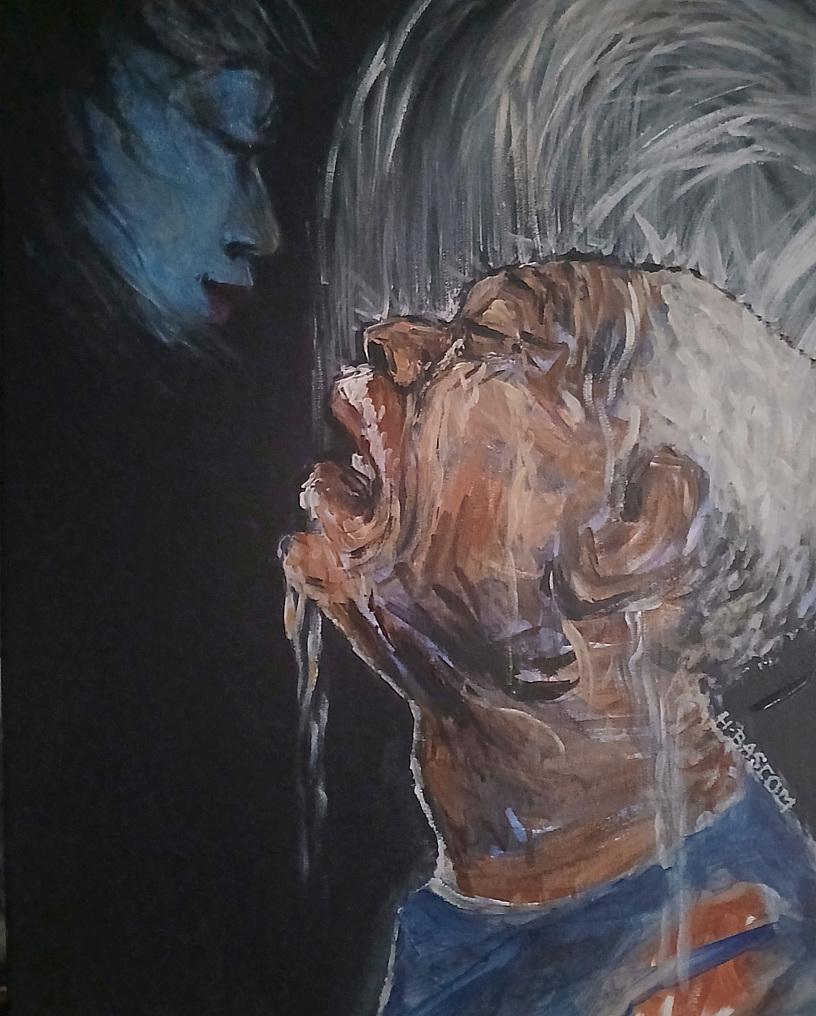
gether. “You’re finished in the studio?” she whispers.
## They lie beaded in sweat, to -
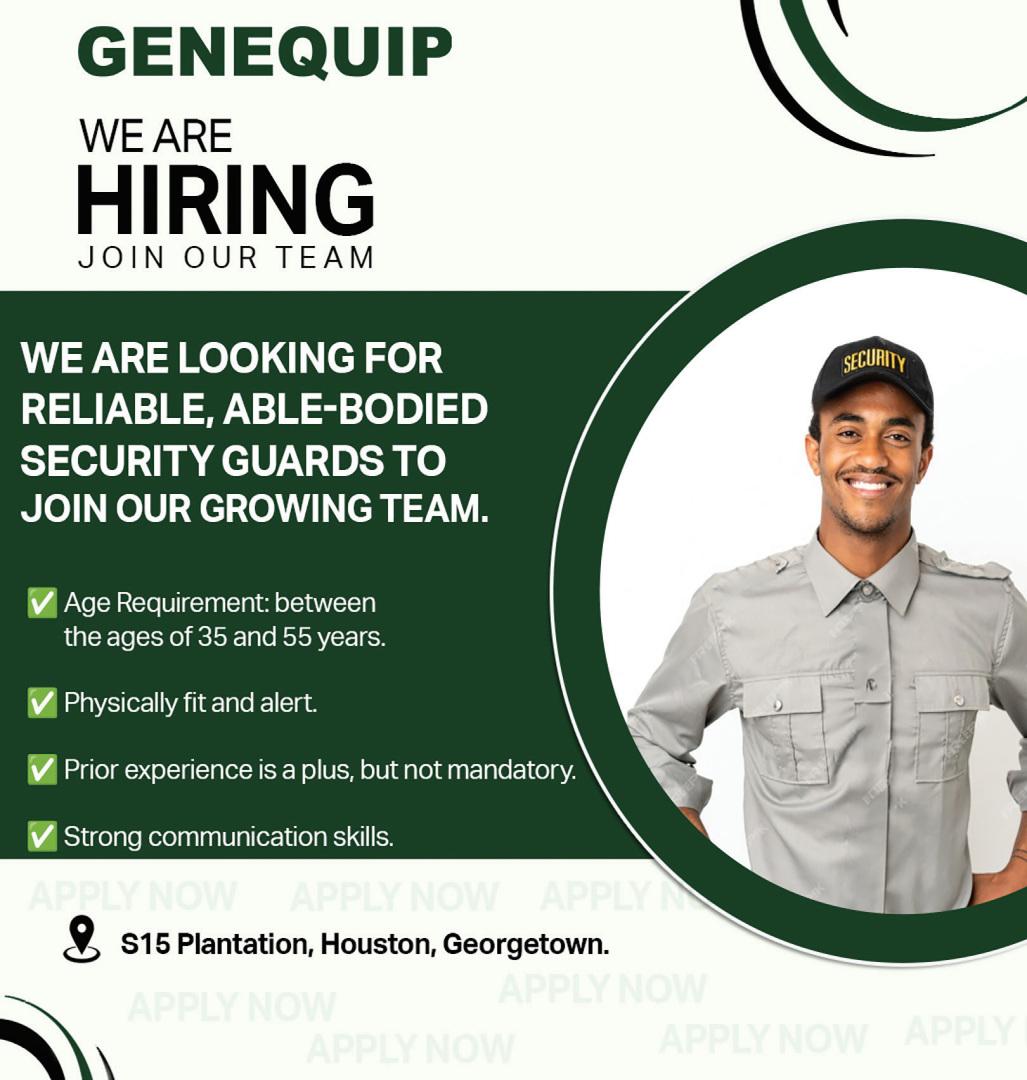
“Nah, an arrangement was beating me, but I think I know now how to make it work.”
She looks at him impishly. “O-o-o-o! So, I have magic!” He laughs. “Yes. Maybe I ought to have you with me when I work.”
“You won’t work,” she chuckles. “I know you.”
Grinning, he gets up and wraps himself with a towel from the sturdy mahogany clothes horse near the king-sized poster bed. “I’ll be back up in … say, thirty minutes?”
Mandy turns on her elbows; her undulating curves gleam in the low light of the bedroom. “I’m hot,” she says, “I’ll take a swim.”
“Okay,” he says.
“Why you don’t join me, if you’ll finish up soon?”
“I will,” he says and leaves for his studio as she slips out of bed.
“I’ll wait for you,” he hears her say.
##
Ezrick Harker, now a mocked drughead in Hackensack, New Jersey, was heading back to the old garage on Union Street in which he was allowed to sleep. The open air was like tranquil music through his matted hair.
Mandy!
The Projects Complex, in which he had partly slept, was a couple of blocks behind him now. Police sirens threatened from afar, but he wasn’t apprehensive about being stopped and searched. If what he TURN TO PAGE XVII



pressure testing, in the new year, depending on how things progress. She also hopes they will soon have a lab in the same location to reduce waiting times for customers to be outfitted with

their prescribed spectacles. Gulchand added that they provide a professional service at Optical World with budget-friendly options in both low-cost and designer frames. Their primary goal is to maintain a professional service.
“Providing eyecare service is an important job. You are placed in that position to listen to customers, do the eye tests and give them options for better sight. You have to do your job and also offer kindness and humility to people that come for the service. Taking some time to listen to them is vital in making recommendations that best suit them in the choice of lenses,” she said.
The role of an optometrist should not be underestimated or undervalued, since they provide primary eye care as professionals with a Doctor of Optometry (OD) degree. Optometrists perform comprehensive eye exams, diagnose and treat vision and eye conditions, prescribe and fit corrective lenses, and detect signs of other health problems such as diabetes or high blood pressure through eye health assessments. They also provide routine and primary eye care, can prescribe medications for certain eye diseases, and refer patients to specialists, such as an ophthalmologist, for more complex eye issues or surgery.


We have to understand that both the favoured and the dread will rap at our door without reason or cause of our own doing
REGARDLESS of the guard towers we erect, the uninvited of our age will present themselves and stare at our expression of rejection with defiance.
Some challenges will confront most parents or guardians in our time, a higher intrusion beyond our means, and one that requires no invitation or courtesy of interest. Our common guarded borders will be invaded.
To select a transgression that can be within the agreed customary borders of anticipated errors would be self-deceiving, but though narcotics is a curse defined, for some reason it becomes an inviting temptation, and a scourge that only
hatred can allow any to witness as a possible visitor to thy neighbour’s door.
I have constantly said that drug addiction is not something that I would wish or conspire to be inflicted on my enemy’s house. I have faced this in my house. The impact of narcotics is prevalent for many reasons: In the absence of jobs outside of cleaning drains, and other jobs for those addressed as “Dunce Thug” usage, and Security Guard Services, selling drugs is an option; it’s called “survival”. But with some, it becomes a livelihood, and with the victim, its bondage; a bondage through which the victim proceeds in a metamorphosis to-
wards acceptance.
The drug becomes more indictable because its production is today, as the reports suggest, managed by trained chemists whose only impulse is greed. The drug remains longer in the victim, transforming the dependence while, for some reason, diminishing the ability of the victim to analyse themselves.
Of course, there is the ego of the victim, and the contamination by the new family and the acceptance of the infected consciousness of dependency, and an accustoming process to be subdued by the “Hades of filth” and its scent of premature decay of all previous values of
what was once a stable, functioning human consciousness.
This condition can only be defeated through a process of alternative environment, serious self-realisation, as well as knowledge and medical assistance trained in that area. The data on the impact of addiction keeps changing, but the human capability is also powerful, as well as deceitful. For example, how many of our domestic murders may have mind-altering drugs attached to them? I doubt that I can get a straight answer at the end of that line of questioning, though I do hope that I can be proven wrong.
With my experience as a parent, one needs the added observation of
a seasoned detective and a mystic to arrive at the reason why one would be aware of the casualties of addicted citizens, witness their devastating long-term effects, and persist in exploring. In a sober moment, doubt and frustration are expressed, coupled with ego, and these are to be the cause at times. But all of us are caught in such moods.
And the argument begins: on the crowd-amassed ego of this human era as against the solitary observation and its hermetic choice towards a hunter’s observation and rational conclusion — of a sensible retreat from a fallen angel’s ritual.
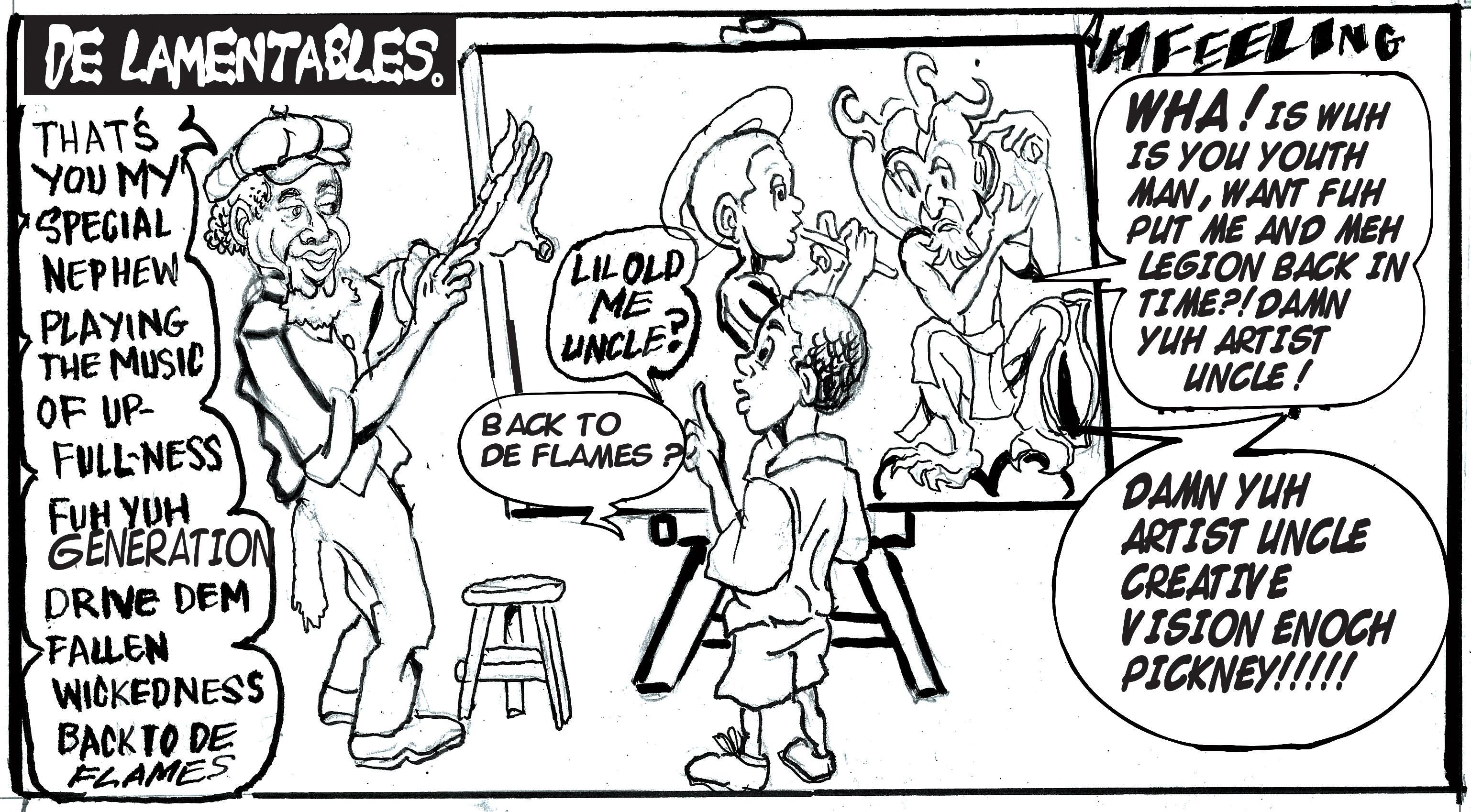

OVER the course of our lives, all human beings unfurl and bloom like the creased pages of a diary that is slowly being filled with fresh stories. We allow life to embrace us, and, in return, we are granted the space to be who we are. As we grow up, the gentle discomfort and pressures of creating your identity fade. Our skin becomes our armour, and our heart fills with the satisfaction of being able to live our lives just as we had imagined in our
childhood dreams. Even those who may not yet have attained their goals are comforted by the freedom of choice—the grace of knowing that, even though they have not reached their destination, they still have the power to steer themselves towards it. The reward for those who are true to themselves is the ability to look into a mirror and respect the person they see. They shall experience no loss or failure that can take away this ability from
them.
Recently, I discovered the story of Narcissus from Greek mythology. Narcissus was a young man who was prophesied by a prophet to live a long and fruitful life as long as he did “not know himself.” He was known to be extremely handsome but prone to rejecting the affections of others, no matter how sincere they were. Then, one day, as he was travelling through a forest, he came across a body of water and caught his reflection glimmering
on its surface. He leaned forward and watched as his own perfect face peered back into his eyes. Then, he remained there, falling in love with his own reflection until he passed away from thirst and starvation, unable to tear his eyes away from it. The spot where he died was marked by a bright yellow flower known as the Narcissus. We now commonly refer to the Narcissus flower as the daffodil.
The myth of Narcissus is a fascinating tale

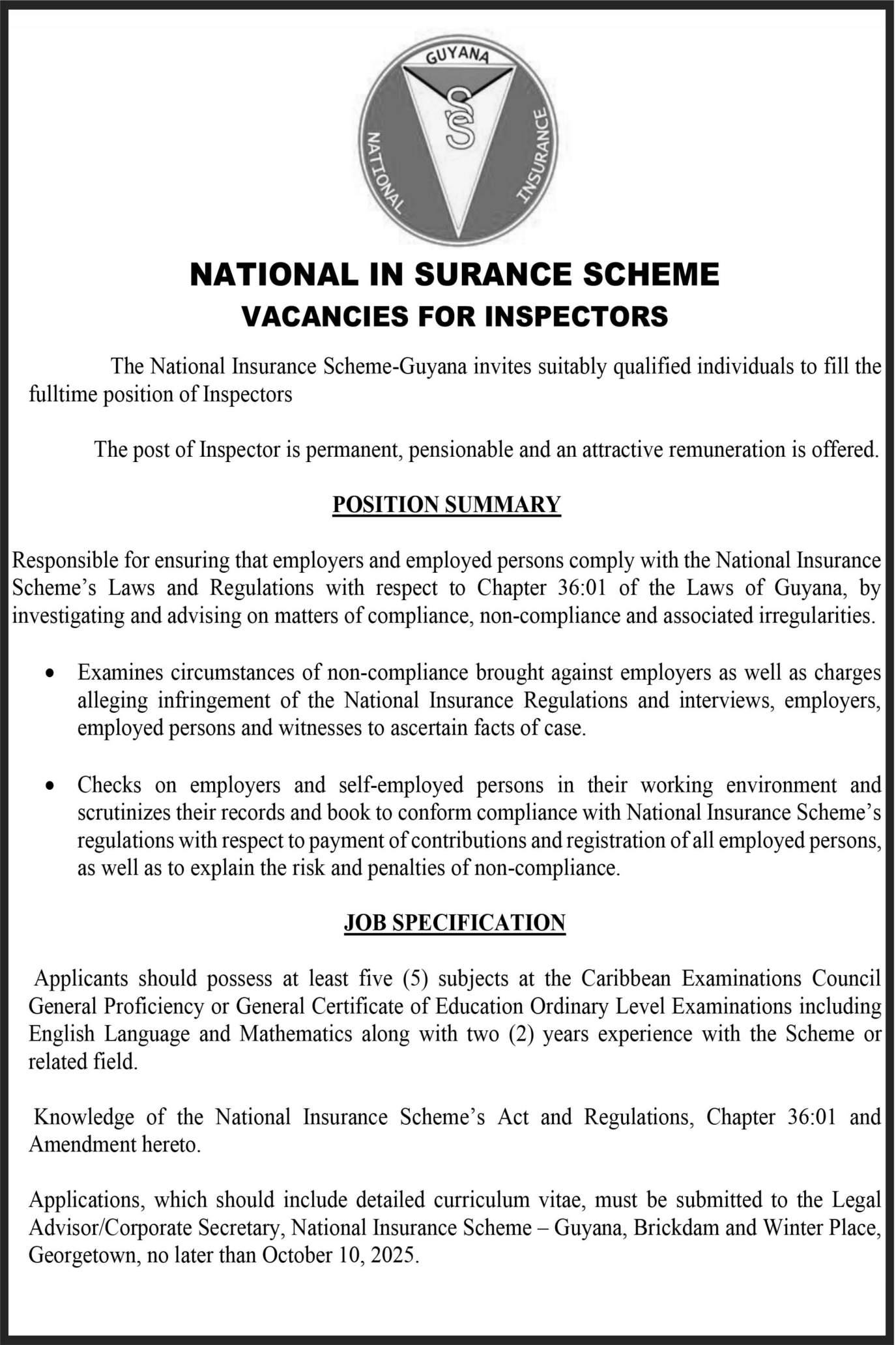
AS we go through our lives, many of us may realise that the universe is made up of circles. Almost everything in the natural order is a circular loop; the things which begin in a certain way will always end in the same way. A sunset will always follow every sunrise. Every birth will always end with a death. Every moment of faith will always end with the creation of destiny. Although we may not realise it, human beings tend to spend their time attempting to understand these circles and finding a way to become a part of them.
We seek balance and equilibrium in everything that we do, and the only way to attain these things is to become a part of the natural order. Of course, the dilemma lies in the fact that we can never be certain what the ‘natural order’ really means in terms of a human life.
that offers us a valuable lesson. It teaches us the dangers of self-absorption and the losses we may face by refusing to open ourselves up to the love and affection of others. We may speculate that perhaps if Narcissus had already been in love with another person, he might never have been inclined to fall so madly in love with himself. It also shows us that our destiny is rarely within ourselves. We may spend a lifetime preparing ourselves to be better people, but this preparation will not mean anything if we do not use it to change the world for the better. Beauty and good character have no power if their positive influence does not extend beyond our own boundaries.
On one hand, the natural order could be the process of facing life as it comes, without attempting to change it. On the other hand, one could argue that the natural order for human beings is built on our tenacious nature and our tendency to fight our destinies in whatever way we can. So, maybe, the natural order is whatever we choose it should be.
The process of building an identity—of “knowing ourselves”—is necessary as we progress through our lives. Attempting to live without being comfortable with who we are is much like living in a space where we cannot fully walk, stretch, or look upwards at the sky. However, it is also quite easy to fall into the lonely path of knowing no one but ourselves. As we lean forward to watch our shimmering reflection grow and transform into something that we are
Perhaps the natural order is hidden away as secrets in trees. After all, trees are vessels that can hold secrets most quietly. Their shape can hold the laughter of children who have already grown and moved on. Their leaves can hold the maps to treasures that people have forgotten they had buried. Their hollows can store the stories that we have stopped believing to be true.
They bear all these things with a quiet sense of purpose, like sentinels posted to guard humanity. As each generation comes and goes, the trees will wear new rings and take on bigger forms, but the secrets they carry will remain just as they once were – undiscoverable, not because they are hidden, but because they are forgotten.
Like the quiet trees, we absorb the world around us
and allow ourselves to fall in line with what the natural order seems to be. We carry secrets and stories for so long that they become a part of our identities. What we do not realise is that the things which we hide in ourselves are not really hidden, but on the verge of coming out in another shape. The trauma that we refuse to face comes out in the form of abuse of the people we love. The broken dreams that we refuse to move on from come out in the form of pressure on our future generations.
proud of, it is quite easy to forget to look around us at the people who are fuelling the successes and the joys we are experiencing.
The affections of others are a gentle influence. These affections can fade away and disappear long before we glance around and begin to notice that we stand completely alone. Yet, the emptiness they leave behind when they are gone is a mighty force. Those who have developed a strong sense of identity and learned to love themselves deeply will not be limited by the failures they experience or the losses they face. However, they are still quite open to the possibility of grief.
You see, the secrets that are hidden in trees do not disappear if they are not discovered. They simply dissolve into the soil when the tree dies and decomposes. Then, when new seeds sprout, they take up those secrets and build their bodies with them. The burden of these secrets is thus passed on from one generation to another. Soon, there will be forests of trees that suffer under these burdens without ever understanding why they are condemned to carry such heavy weights.
In a similar manner, it is possible for our own influences and connections to the world to fade away, just like the affections of others. When we fail to acknowledge and reciprocate the love that others proffer us, we will eventually lose it. If we stop reaching out to the world with kindness, we will ultimately lose our ability to impact it.
Each of us holds a massive power within us. Let us allow this power to extend beyond us so it can reach parts of the world that truly need it.
Generation Z is expected to have one of the lowest birth rates as compared to its predecessors. Of course, there are numerous causative factors that have contributed to this outcome. Nevertheless, we cannot be certain whether this is a truly negative or positive outcome. What we can say for sure is that we are likely one of the few generations that will pass down the least of its mental and emotional burdens on its successors.
Perhaps we have finally come to face the fact that it is less cruel for us to fail to create a new generation than it is to create a generation that will carry the same burdens that we will. Perhaps we have realised that if the suffering was removed from the old trees before they died, the new seeds would never be given the responsibility of carrying burdens they do not understand.
The truth is, some circles are meant to be broken, even if it means that we must make sacrifices. It is the only way we can heal the world.
had heard only yesterday were true, there would be no drugs on him.
“I heard Crack Charlie was arrested!” Frankie at the liquor store had said.
“That’s what I heard, too,” Crip in the wheelchair rejoined.
But Ezrick didn’t believe a word of it; he would only do so if he got home without seeing the scourge of a man as the blocks ticked down towards Union Street and the dilapidated garage aback Pastor’s Hutson’s House, where he was allowed to live, after she found out that he too was a Guyanese, one who had been a successful musician in England.
Through past years, he had thought of Miles Davis, who had dug himself out of the addiction pit and reinvented himself as the genius he was.
He always thought he could have done the same. In his mind, he was going to go back to Brooklyn, where he would find someone like an executive in the music business who might remember the outstanding musician he had been and give him that chance to find himself again. But thinking about it was as far as he ever got. He was yet to catch the 165 Bus to New York City.
As he trudged the lonely foredawn street, he thought of a news feature he had seen on the TV in the liquor store on State Street, a story of recovering addicts finding new meaning and purpose in life through sailing on the Hudson.
It so reminded him of his paternal grandfather, a fisherman, in whose boat he sailed on the Atlantic. Ezrick Harker wished he could have drifted away from what he had become.
As he trudged to what he now called home, he found himself holding his breath while peering furtively up and down each cross street he came upon. The intersection of Central Avenue and Railway Avenue was next: Crack Charley’s haunt. Esrick found himself treading softly, found himself singing ‘Yellow Bird,’ a Caribbean classic, below his breath: The bus stop shed was coming up. It was thereabout that he always seemed to find the dealer dressed in black and on a BMX bicycle, and then the bus stop was behind him. He crossed the intersection and began to
breathe easier. Two blocks away from his street, however, he heard a familiar sound—that of a bicycle’s crankcase getting closer behind him and knew he was lost.
“Wha’appening, Drehd?” a deep, gravelly voice said.
Esrick turned but did not look Crack Charley in the face; he’d never see much of the man’s face anyway; Crack Charley always wore a dark cap, raked over his eyes.
A lone car was going by; its headlights caused a goldcapped tooth to gleam from the shadows of the face of the dark man on the BMX bicycle as he reached down into a sock that looked like a clown’s. “I-man got the real stuff, Bro! —Pure! The deal is the same as usual. You pay I-man later. Sight?”
Esrick Harker slipped the little packet of small rocks deep into the crotch of his dingy briefs and felt a chill stir in his belly. He knew that the fierce, tearing pain of the need for the crack cocaine on him was soon going to rip into his chest.
Mandy!
He could not stem his tears and wanted to be alone—to hide himself and abruptly detoured into a gloomy cross street that led to the large nursing home with the lit, green about it being soaked by an array of sprinklers.
Esrick found one of them especially fascinating; the water spewed higher and fell heavier than the rest. Drawn to its crystallized allure, Esrick stood gazing at it for a bit, then he did a very strange thing. He walked off the sidewalk and stood under the direct downpour of the huge rooster tail of water.
He closed his eyes and found himself at the boat landing down from his mansion on the Essequibo River, where he called out Mandy’s name and she didn’t answer … where he shouted for her before he started screaming and then sobbing her name.
And Mandy appeared to him naked and pure. She hugged him under the sprinkler. “I am fine,” she whispered, “and you too will be, now that you know I am waiting for you. … And that I still love you and will love you forever. …”
Mandy.
He felt parts of him changing as his t-shirt and
jeans began clinging to his skin, and soon he was soaked down to his dingy briefs. He dug into them,
brought out the little packet of drugs, then tore it open under the deluge. The crack melted away … and soon his
hands were clean. For him, time stood still under the sprinkler. … And when he stepped from under
FROM PAGE XIII
it, drenched like a baptism … his crazed hunger for a fix was gone. Ezrick Harker wept.

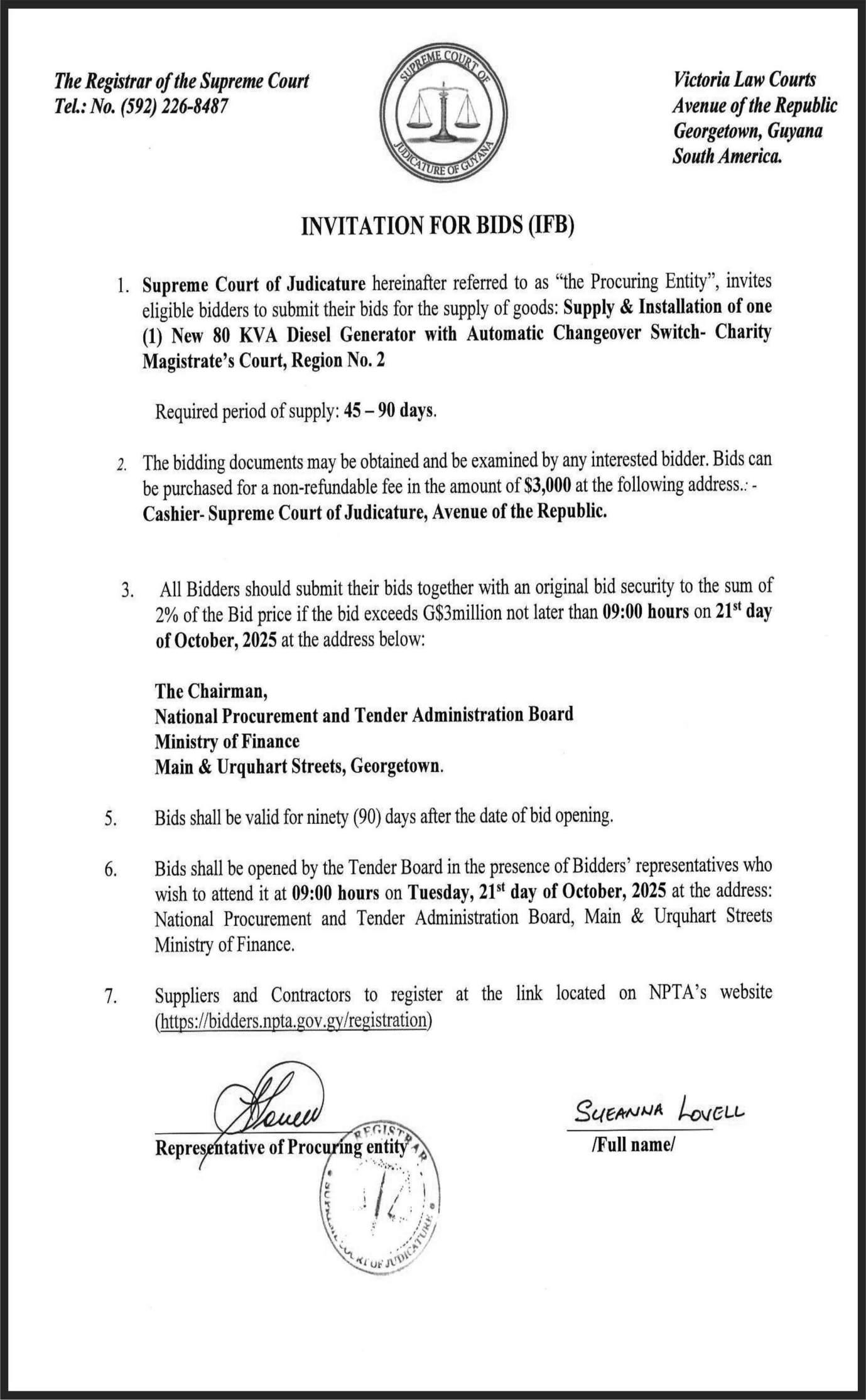
go riding on that CBR. She is still crying for me.”
Joannie sat down slowly on the steps, his words seeming to calm her fear, for though he was not of this world anymore, she could understand his pain, and she said:
“After the accident that day, your friends were saying that death was riding with you.”
There was a long moment of silence from him, then he said:
“I wasn’t such a bad guy to go to hell, and not good enough for heaven, so I was sent back to do one great good for someone before the doors of heaven can open for me.”
“Why did you choose me?”
“I had been looking for someone who needed divine help and found no one until you walked in here tonight, in deep emotional pain.”
“Story of my life,” she said resignedly. “Don’t think anything can change that.”
“Yes, it can. The beauty inside you must be brought to the outside, so you can be seen and loved for who you are.”
“I’m not sure about that,” she said, an uncertain look in her eyes.
“We’ll see,” he said.
Joannie wasn’t sure how she reached home that night, awaking late in the morning. She did not bother to look in the mirror and walked slowly down the old stairs, not sure what she would see. But there was nothing unusual, and as she ate breakfast, she pondered the encounter with Damien’s ghost. It all seemed so real, but as the day progressed, she concluded:
“It was either a dream or I am losing my mind.”
Night approached and she stayed at home, not daring to go out in the streets. But as the hours wore on, he arrived on a CBR bike.
“Oh damn!” she exclaimed quietly. “This is real.”
This time, she wasn’t scared; maybe it was divine help for the hopes she had harboured over the years.
He guided her, showing her the fine things in life, how not to be self-conscious of her looks, for in everyone there was something beautiful.
She had a beautiful laugh that she was not aware of, given that she hardly laughed. He walked with her everywhere, an unseen bodyguard, helping her to build her courage and self-confidence, day after day.
She no longer went to the market, hiding her face under a straw hat, nor sat at the back of the church. Her personality transformed with a warm smile and a confident tone, surprising all those who had often ridiculed and scorned her.
Her newfound self-belief encouraged her to follow a dream she had been nurturing — to open her own little snackette, thus extending the family’s food business. Damien advised her to speak with his mother for assistance from the Damien Foundation, which he had established in his memory.
And that was the start. Joannie wanted to elevate her life from poverty.
In the morning now, when she looked in the mirror, she saw that beauty from within and a sparkle in her black eyes. Damien had done his great good, and Heaven welcomed him, as life did for her.






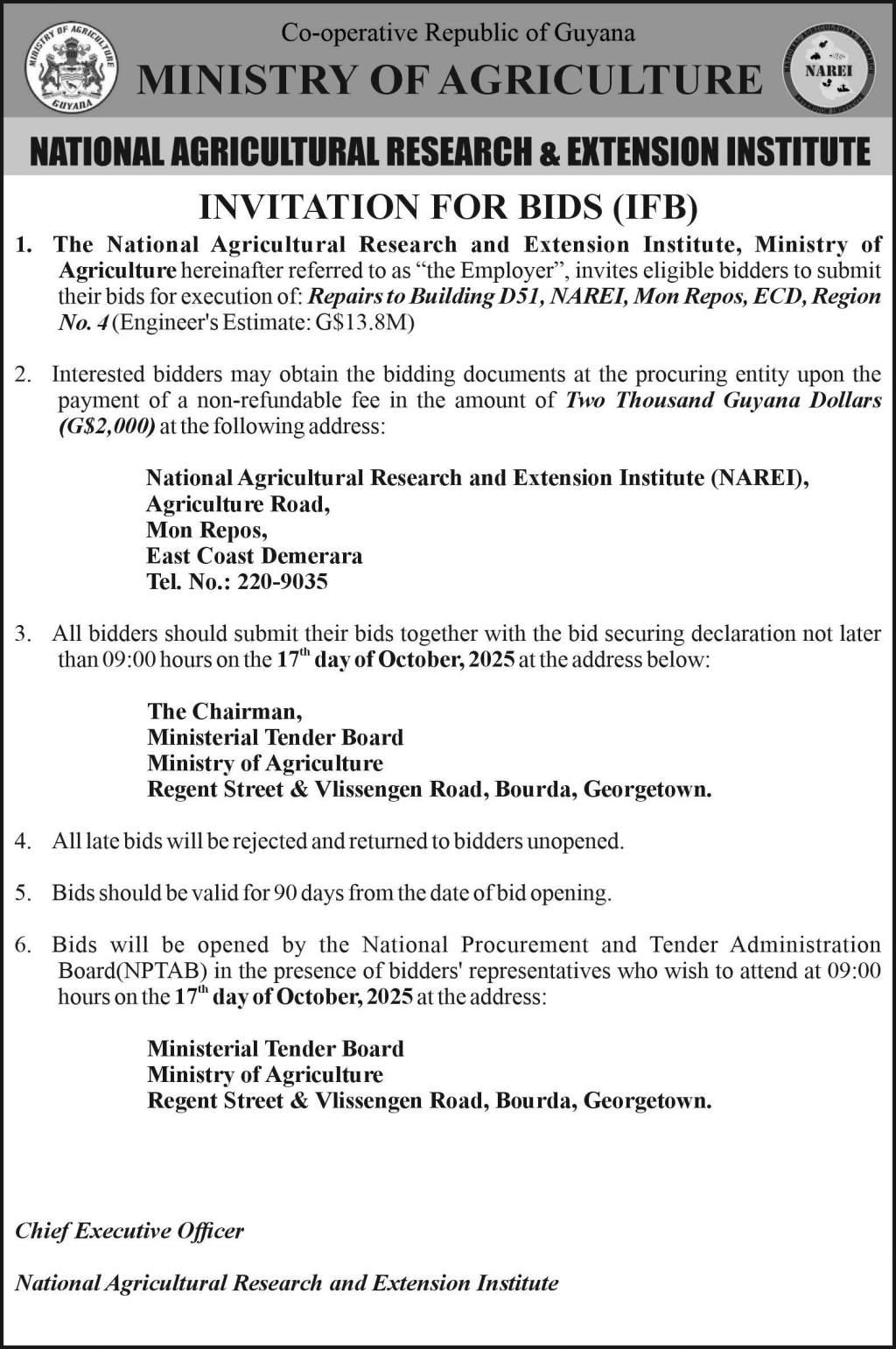








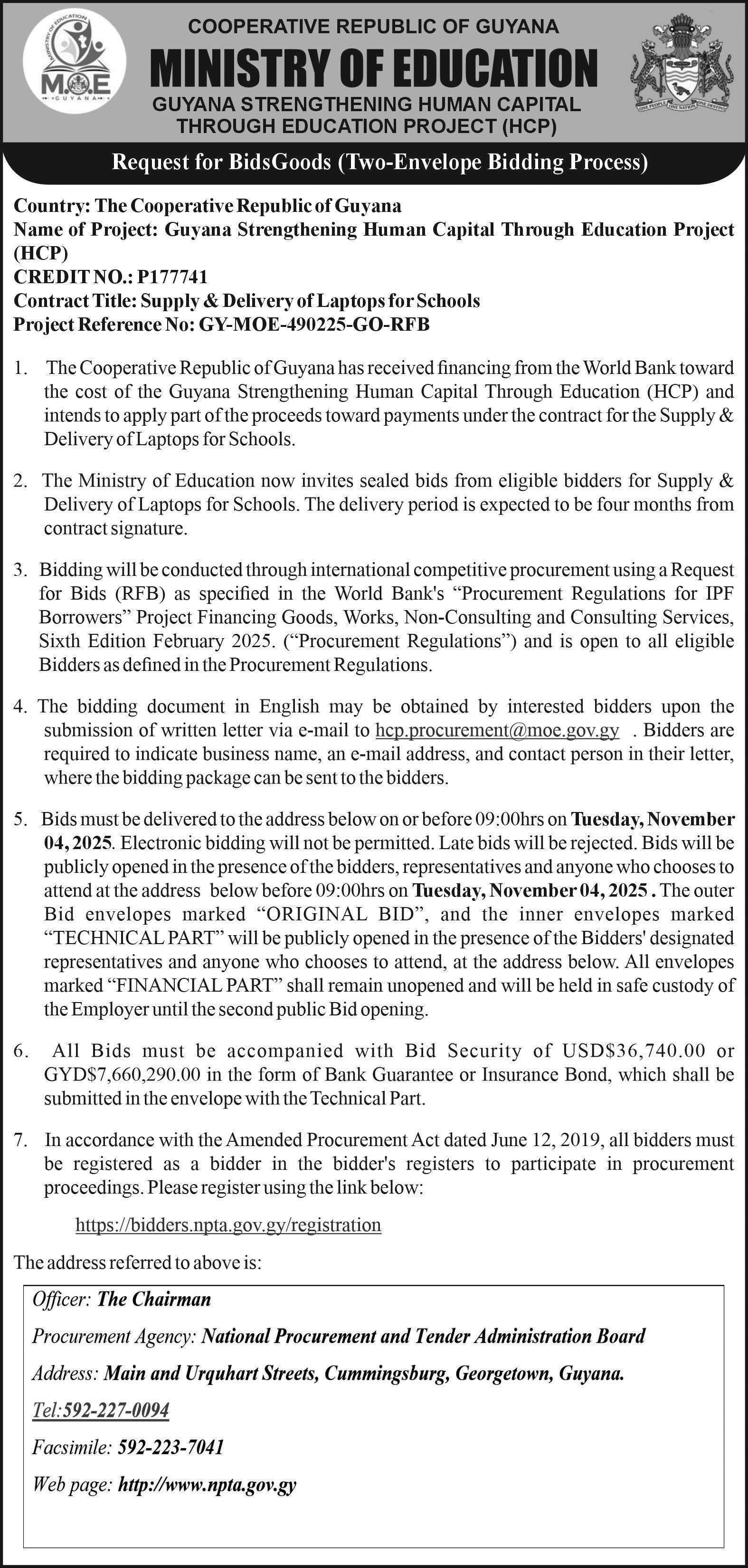



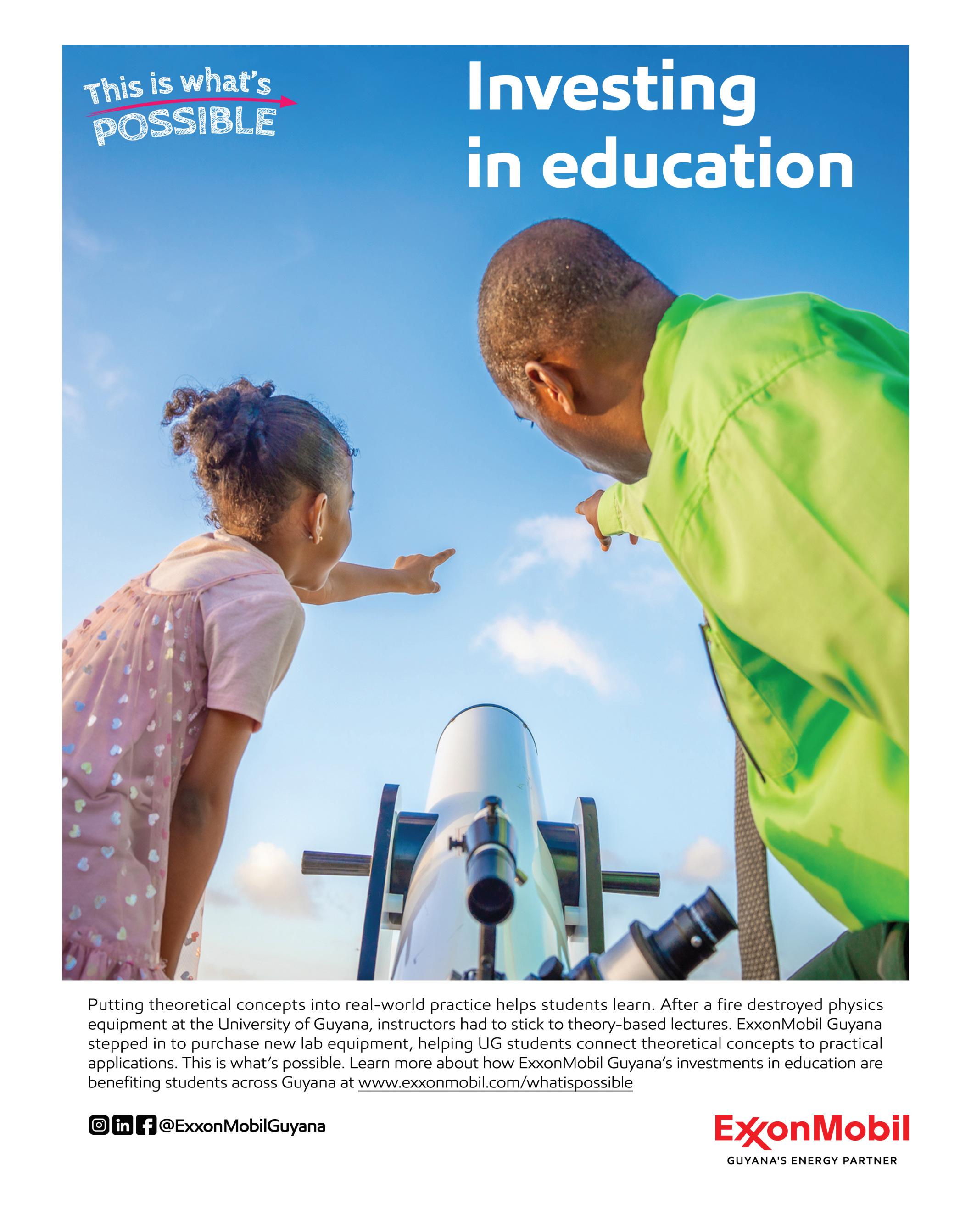




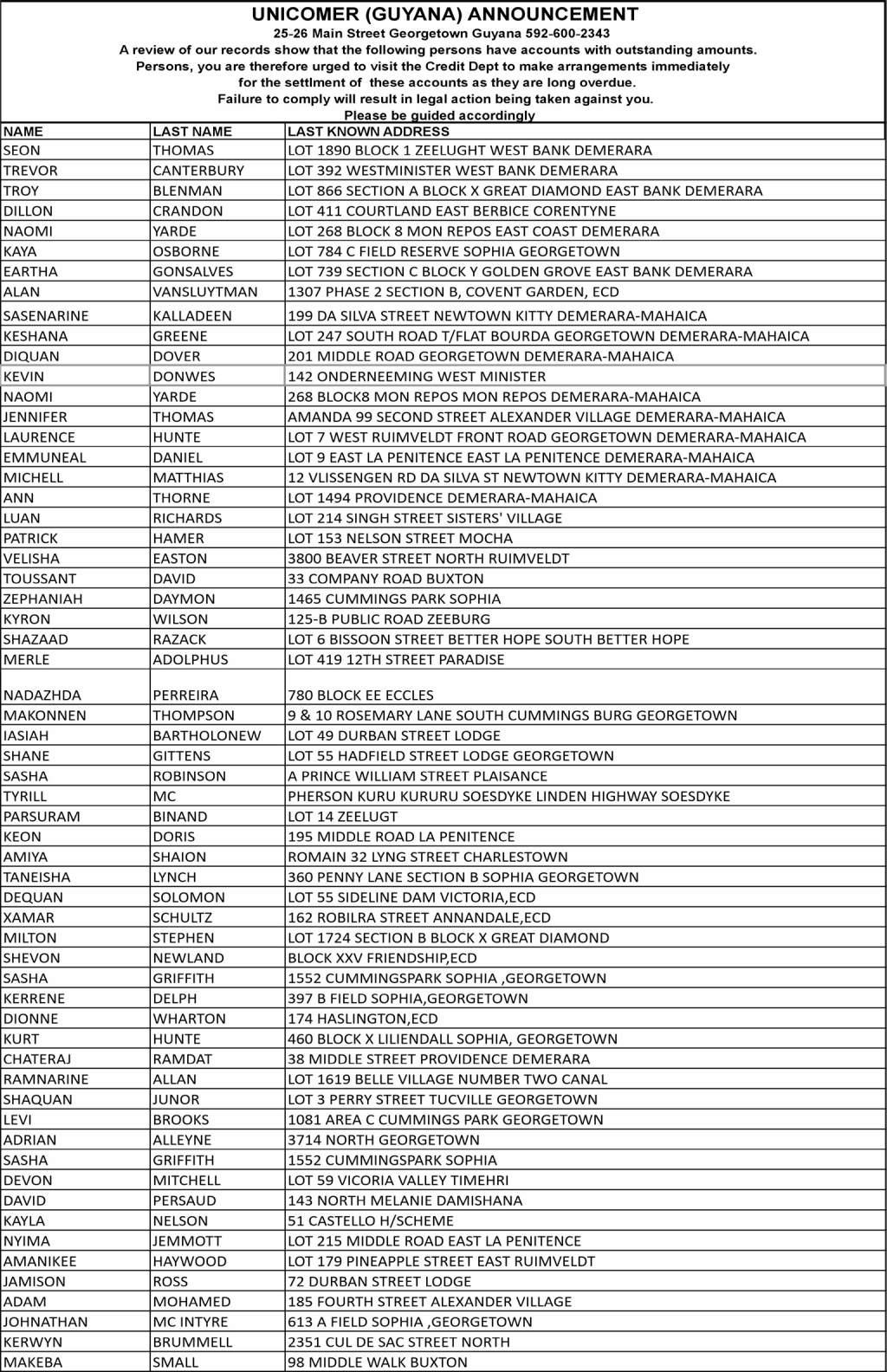






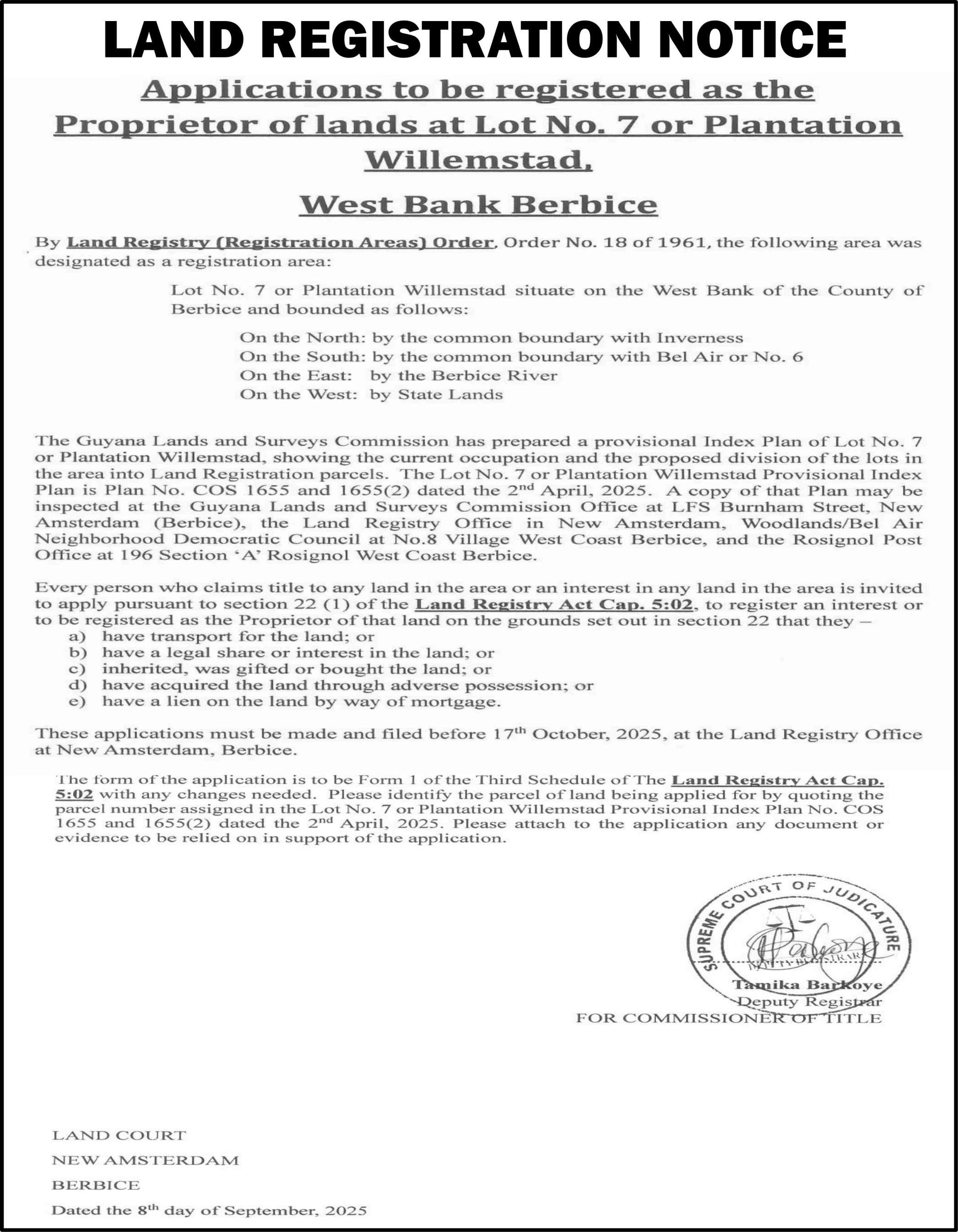
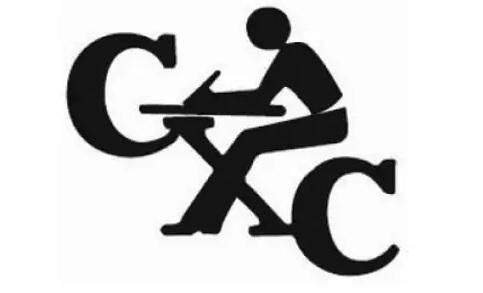
Welcome, dear reading friend. Let’s improve comprehension with the short story. Before reading, ask predictive questions to form a reading purpose, whether on themes, events, or characters, but guided by the story’s title or introduction.
While reading, write summaries about the main characters and their efforts at problem-solving, and answer inferential questions using contextual clues and prior knowledge and experiences. After reading, summarise the whole story. This deepens your under-
standing of plot, characters, setting, and theme. Discuss with fellow readers. Be wise.
Love you.
Making predictions as you read
Note: While you read, actively look for clues in the text, such as titles, pictures, diagrams, and details. Add to these your prior knowledge and experiences, then guess what will happen next. Meanwhile, help your understanding by pausing occasionally and questioning yourself closely about what
you are reading. Check your predictions.
Are they close to what comes next? Of course, your thinking will need refining and adjusting with each new information.
Instructions: Read the passage below and then respond to the questions following it.
When she knocked on the door of a farmhouse, a place where she and other runaways had already been welcomed, always been given shelter and plenty to eat, there was no answer. She knocked again, softly. A voice from within said, “Who is it?”

September 28, 2025
There was fear in the voice. She knew instantly from the sound of the voice that there was something wrong. She said, “A friend with friends,” the password on the Underground Railroad.
(Harriet Tubman’s “Underground Railroad”)
1) Which of the following is the BEST support for the prediction that she would be welcomed?
(A) She knocked softly. (B) The voice inside was fearful. (C) Runaways had always been welcomed there. (D) She said the password.
2) Which is most likely to happen next?
(A) The slaves will be turned away. (B) The slaves will be welcomed. (C) The voice will contact the slave masters. (D) The person inside will become weepy.
Differences in the use of figurative expressions
Appreciating and using figurative expressions in your written tasks is excellent. And beyond using them steadfastly in your spoken language is appreciating their literary differences. Different usages give different meanings; some are suggested by comparison, picture, or surprise elements.
Many words you use commonly are really figures of speech. Look at the often-used term: offspring. This conveys an issue from a family or person (a person’s child or children), such as an offspring of Moses and Zipporah.
It also points to a product or result of something, such as child neglect, an offspring of economic mismanagement in the home. Language in literary books, history, and fables becomes vividly explained or illustrated because of its figurative expression.
Here are THREE types of figurative expressions used for comparison. See them at work: the simile, metaphor, and personification.
1) Our first figurative comparison is the simile: Observe how it is being used in the first line of the ensuing poem. It compares two unlike things. One pitched against another thing of a different kind. A simile is used to make a description more emphatic and vivid and is often introduced by “like”
Dulce est desipere in loco - It is good to be silly at the right moment.
HORACE (65-8 B.C.) Ep.iii. To Lord Bathurst, 1.153
or “as.”
The Cloud
A cloud is like a roll of cotton stretched out
Dense and definite at first
But soon spreading thinner
As the great hand of the wind
Pinches from the edges wispy bits.
That float away and disappear.
2) Our second figurative comparison is the metaphor: In the first two lines of the poem below, comparison is done through metaphoric means. Here, one word, term, or phrase literally denotes one kind of object, idea, or action. It is used in the place of another to which it is not literally applicable.
In other words, a metaphoric statement suggests direct comparison without “like” or “as” and points to the likeness or analogy, adding dimension, understanding, and vividness.
Look at how “Time” makes a comparison between “time” and “a stealthy thief” that steals maybe minutes, moments, and experiences without us realising it.
Time Time’s a Stealthy thief that Reaches out with greedy Hands and snatches from golden Minutes.
3) Our third figurative comparison is personification: Personification is giving human traits or characteristics to non-human or inanimate objects or animals. It suggests, by comparison, that a person, thing, or name typifies a certain quality or idea. It can be a whole or an example of the thing being spoken about. A writer uses personification to invite the
reader to imagine that something clearly inanimate and lacking a life force, in fact, is alive.
Commonplace essays about objects, like an old coin, are embodiments of personification. Note the use of personification in the ensuing poem.
Wind
Wind in winter fights with you,
He pinches your ears and nose,
He slaps your cheeks and roughs up your hair
And snatches at your clothes.
Instructions: Read the paragraph carefully and then point out, by name, whatever figurative expression(s) there are in its splendidly written thoughts.
In a few days, small white clouds started their winter parade, trooping across the sky, soft and chubby, and long, and driving them before it like an ill-sorted flock of sheep would come the wind. This was warm at first, and came in gentle gusts, rubbing through the olive-groves, so that the leaves trembled and turned silver with excitement, rocking the cypresses so that they undulated gently, and stirring the dead leaves so that… Playfully, it ruffled the feathers on the sparrows’ backs, so that they shuddered and fluffed themselves; and it leapt without warning at the gulls, so that they were stopped in mid-air and had to curve their white wings against it.
Shutters started to bang, and doors chattered suddenly in their frames. Still the sun shone, the sea remained placid, and the mountains sat complacently, summer-bronzed, wearing their splintered snow hats.

IN 2024, the International Diabetes Federation published that, in Guyana, there are over 16 percent of the adult population — almost seventy-six thousand adults — who have diabetes. So, we know that diabetes is a common disease among us. Diabetes can lower your resistance to infection and can slow the healing process.
The most common oral health problems associated with diabetes are an increase in the prevalence of tooth decay, periodontal (gum) disease, salivary gland dysfunction, fungal infections, lichen planus and lichenoid reactions (inflammatory skin diseases), infection and delayed healing, as well as taste impairment.
In addition, if you have been diagnosed with diabetes, you may know that the disease can cause problems with your eyes, nerves, kidneys and heart, as well as other parts of your body.
It’s important to keep your medical records up to date. Let your dentist know if you have been diagnosed with diabetes; if the disease is under control; if there has been any other change in your medical history, and the names of all prescription and over-the-counter drugs you are taking.
When diabetes is not properly controlled, high glucose levels in saliva may allow bacteria to thrive. Brushing twice a day with fluoride toothpaste and cleaning between your teeth once a day with floss or an interdental cleaner helps remove decay-causing plaque. Plaque that is not removed can eventually harden (calcify) into calculus, or tartar. When tartar collects above the gum line, it becomes more difficult to brush and clean between teeth thoroughly.
This can create conditions that lead to chronic inflammation and infection in the mouth. Because diabetes reduces the body’s resistance to infection, the gums are among the tissues likely to be easily affected.
Periodontal diseases are infections of the gum and bone that hold your teeth in place. Periodontal disease is often linked to the control of
diabetes. For example, patients with inadequate blood sugar control appear to develop periodontal disease more often and more severely, and they lose more teeth than people who have good control of their diabetes.
See your dentist immediately if you notice any of the following: gums that bleed easily; red, swollen or tender gums; gums that have pulled away from the teeth; pus between the teeth and gums when the gums are pressed; persistent bad breath or bad taste in the mouth; permanent teeth that are loose or separating; any change in the way your teeth fit together when you bite; or any change in the fit of partial dentures.
Bacteria, viruses and fungi occur naturally in the mouth. The body’s natural defences and regular oral hygiene generally keep them in check. However, there are some situations where they may proliferate and impede or defeat the body’s defences. Oral candidiasis, a fungal infection in the mouth, appears to occur more frequently among people with diabetes, including those who wear dentures.
If you smoke, have high blood glucose levels, or often are required to take antibiotics, you are more likely to have a problem with fungal infections in your mouth.
Diminished salivary flow and increased salivary glucose levels create an ideal environment for fungal infections, such as thrush. Thrush produces white (or sometimes red) patches in the mouth that may be sore or may become ulcers. It may cause a painful, burning sensation on the tongue. It can also cause difficulty in swallowing and compromise your ability to taste. Your dentist may prescribe antifungal medications to treat this condition. Good oral hygiene is critical.
Preventive oral health care, including professional dental cleanings, is essential for controlling the progression of periodontal disease and other oral health issues. Regular dental check-ups and periodontal screenings are essential for evaluating overall dental health and addressing dental issues in their
early stages. Your dentist may recommend more frequent evaluations and preventive procedures, such as prophylaxis, to maintain good oral health.
In addition to brushing twice a day and flossing or using an interdental cleaner once a day, your dentist may suggest using an antimicrobial mouth rinse or toothpaste
to control gingivitis.
Watch for signs and symptoms of oral disease and contact the dental office immediately when a problem arises. Practice good
oral hygiene at home; follow your physician’s instructions regarding diet and medications, and schedule regular dental check-ups to maintain a healthy smile.

